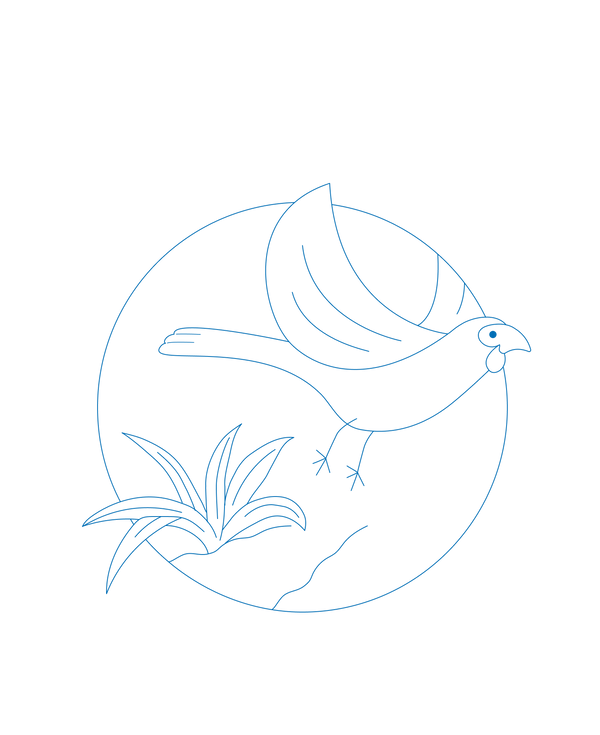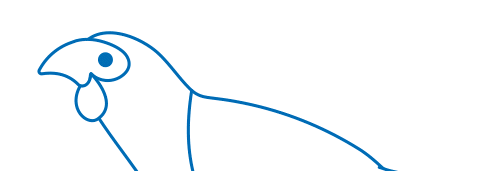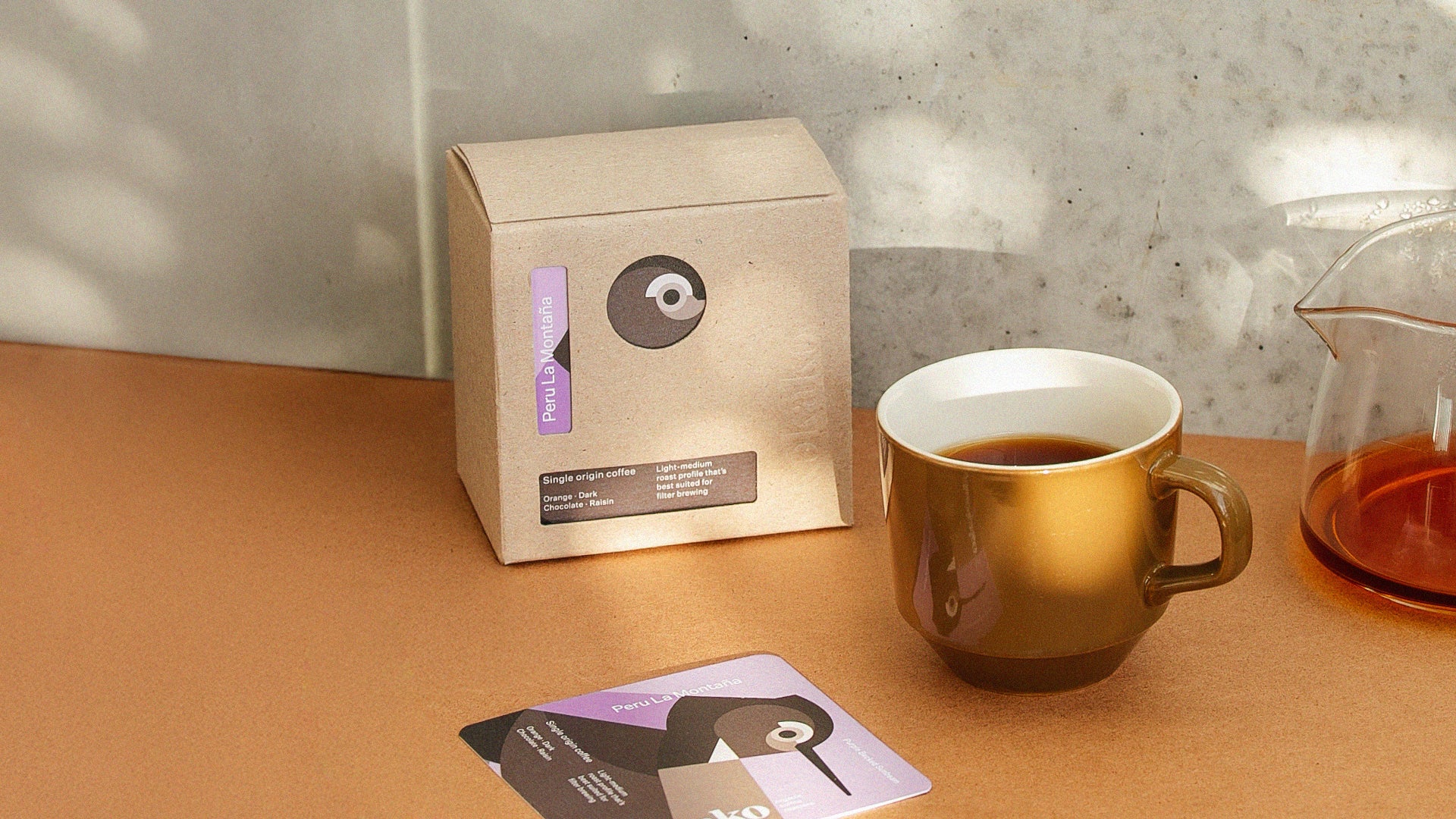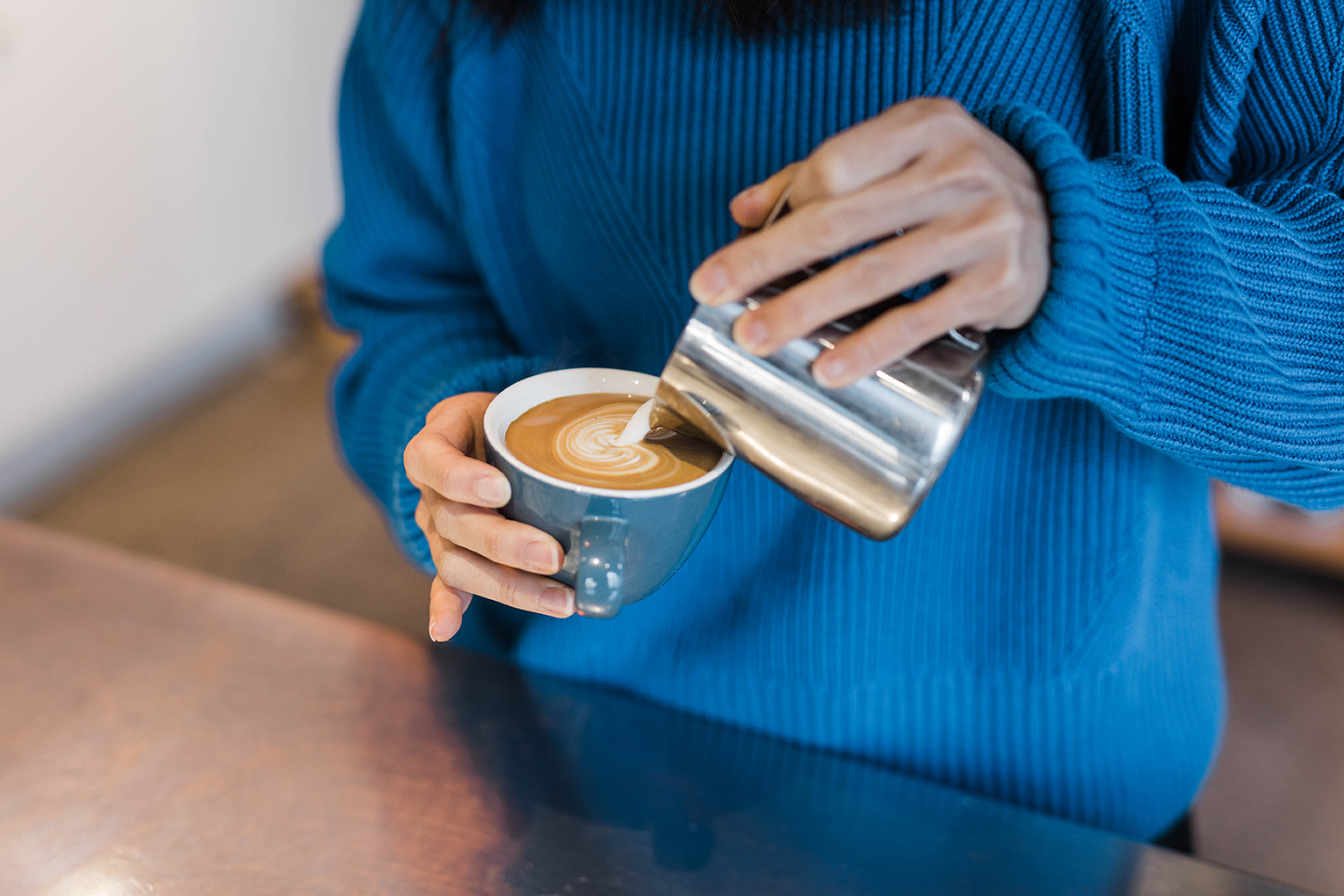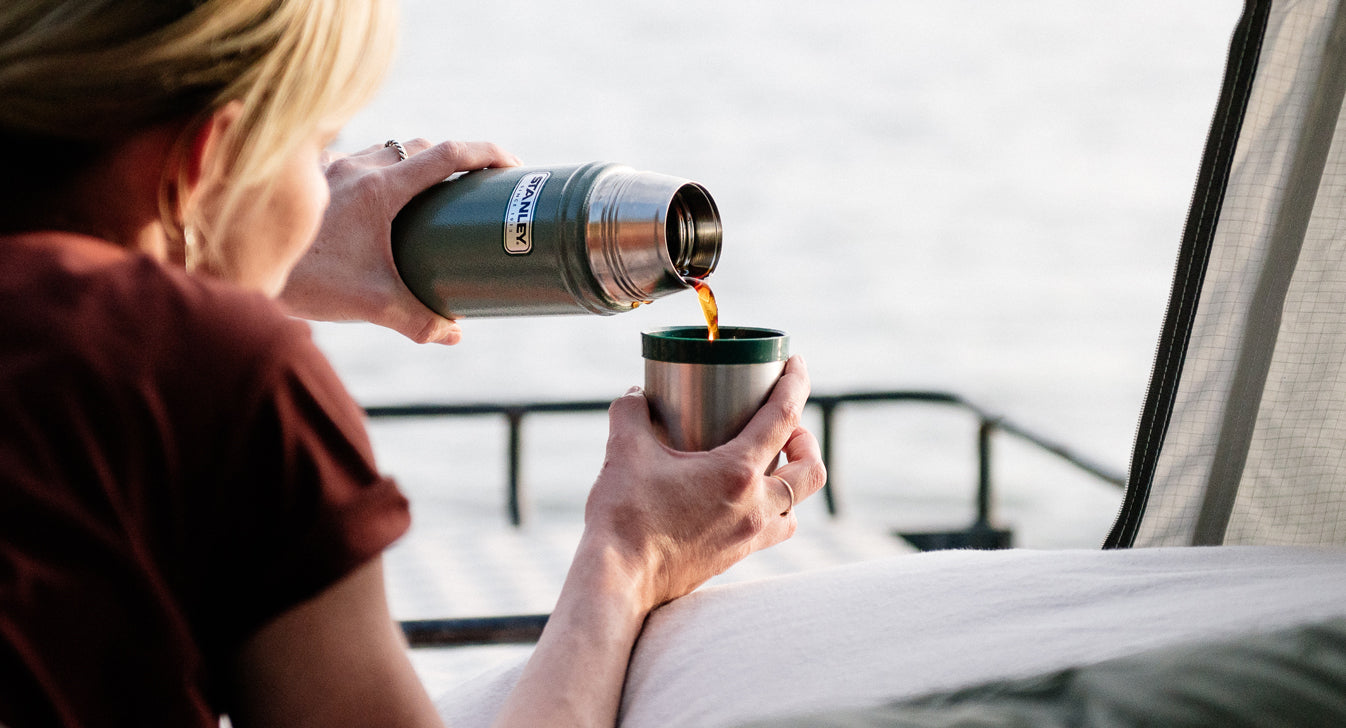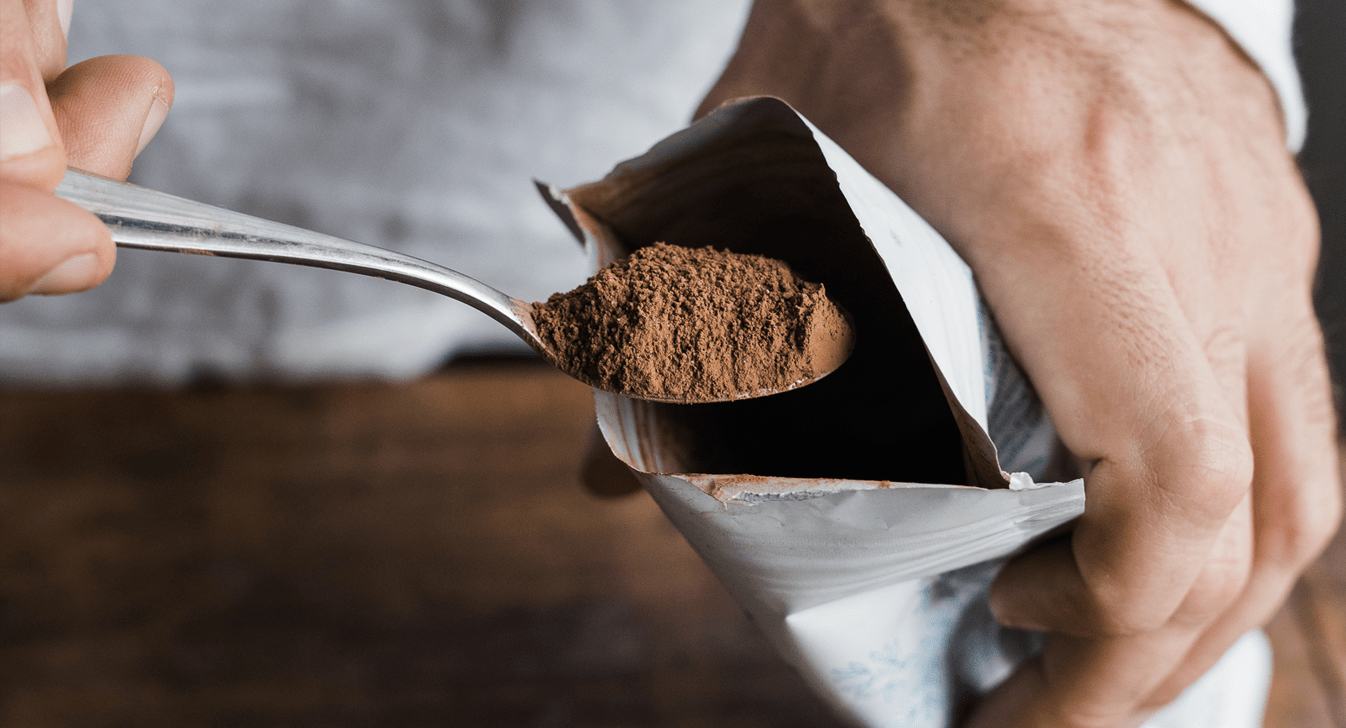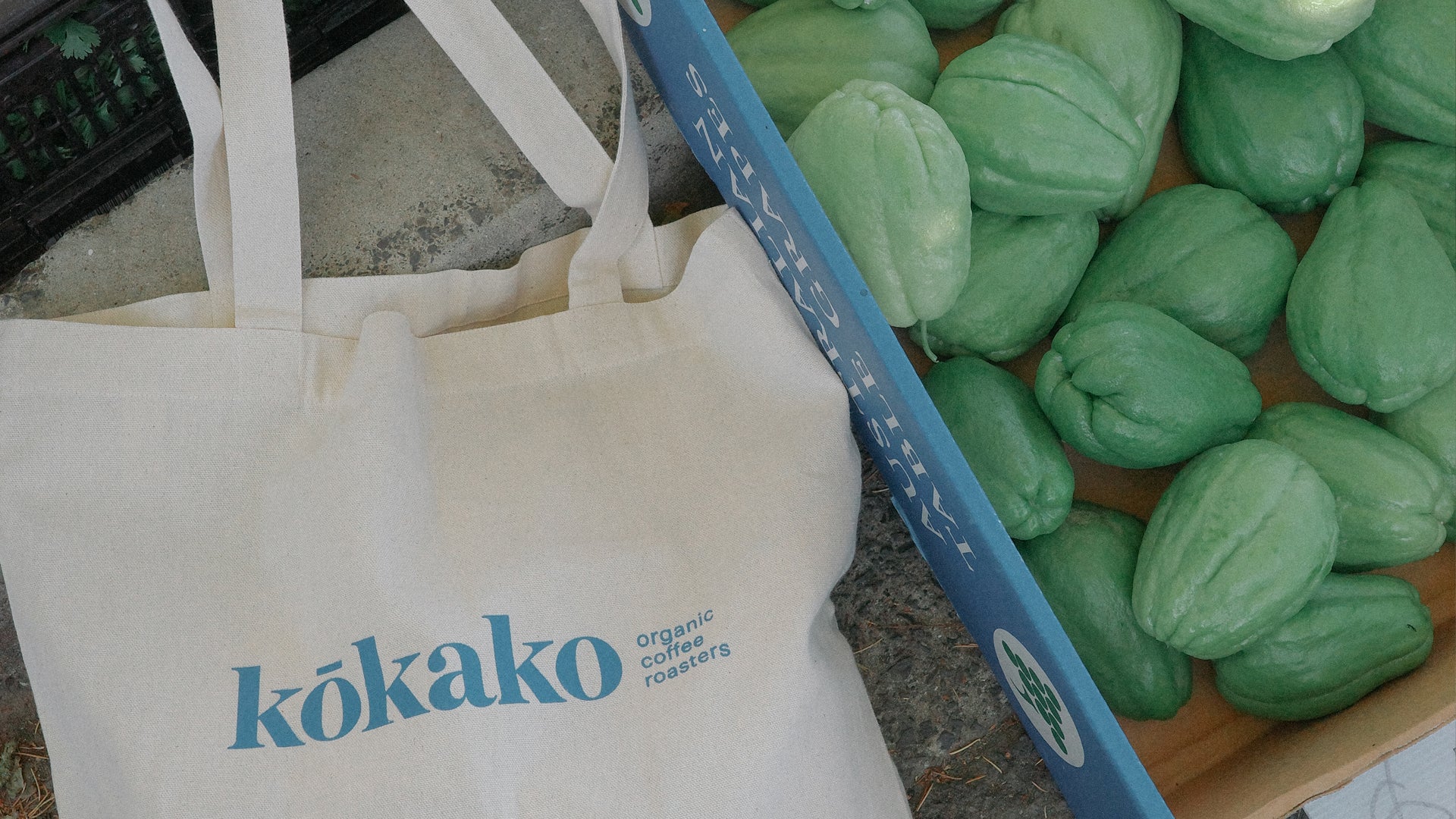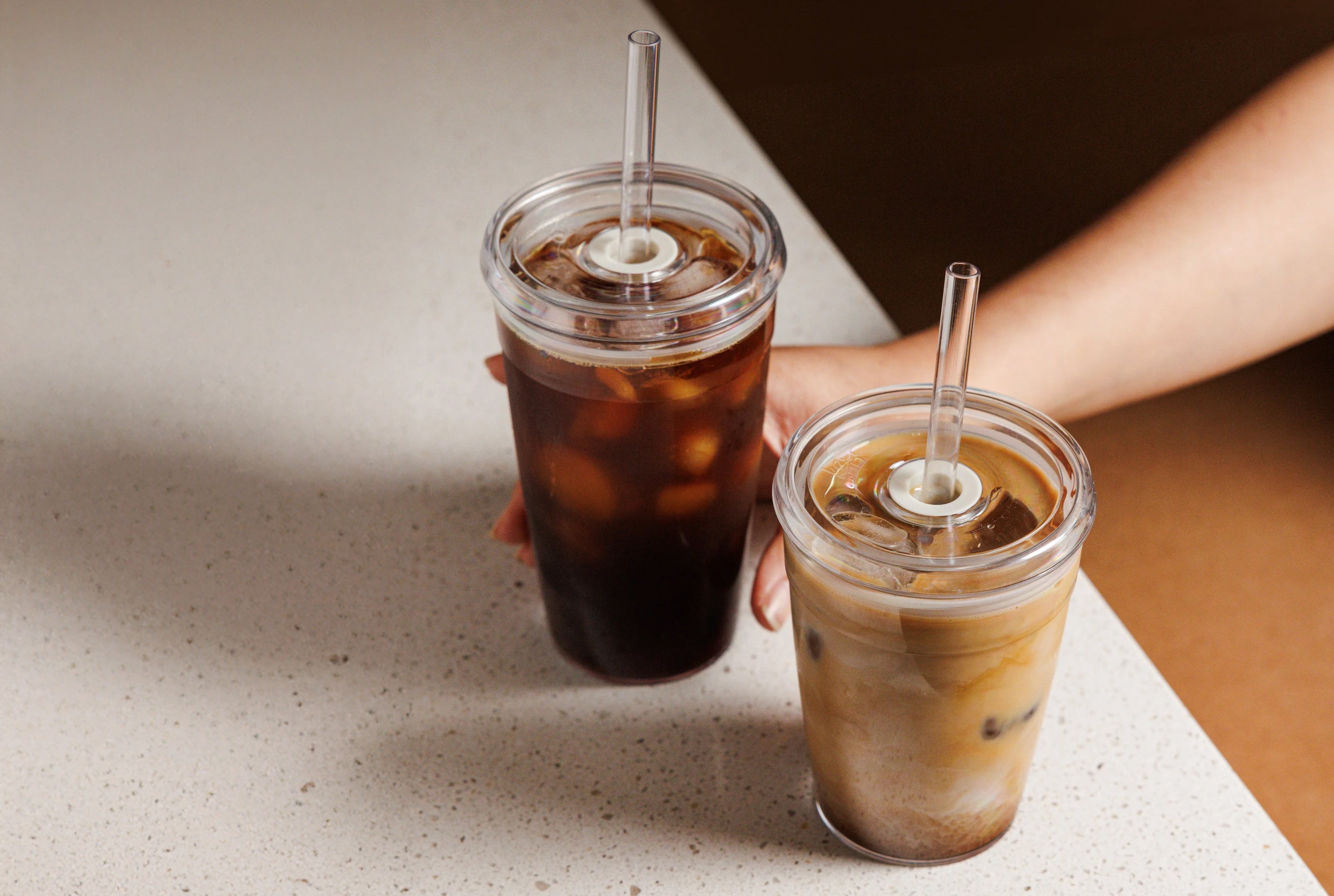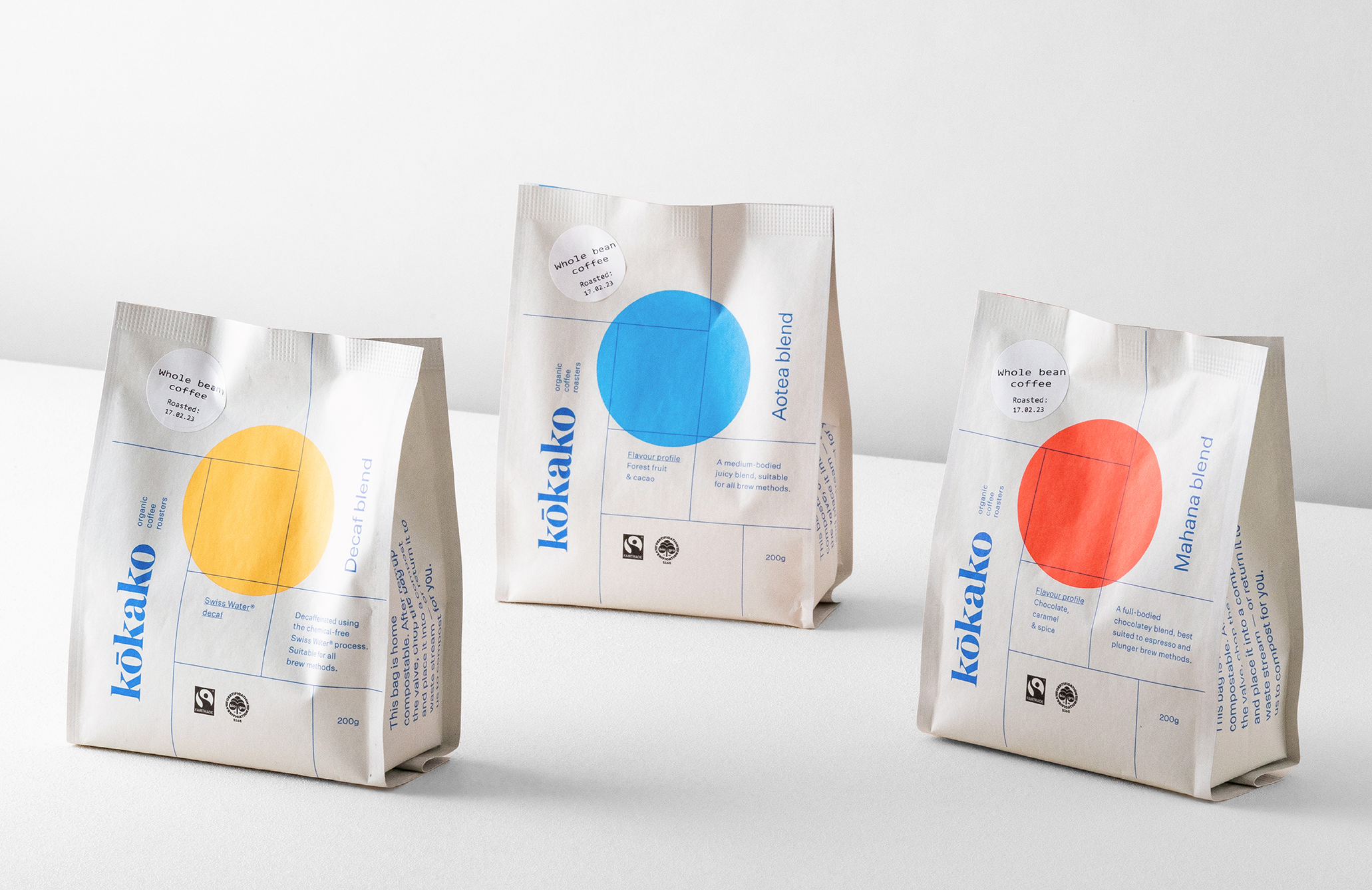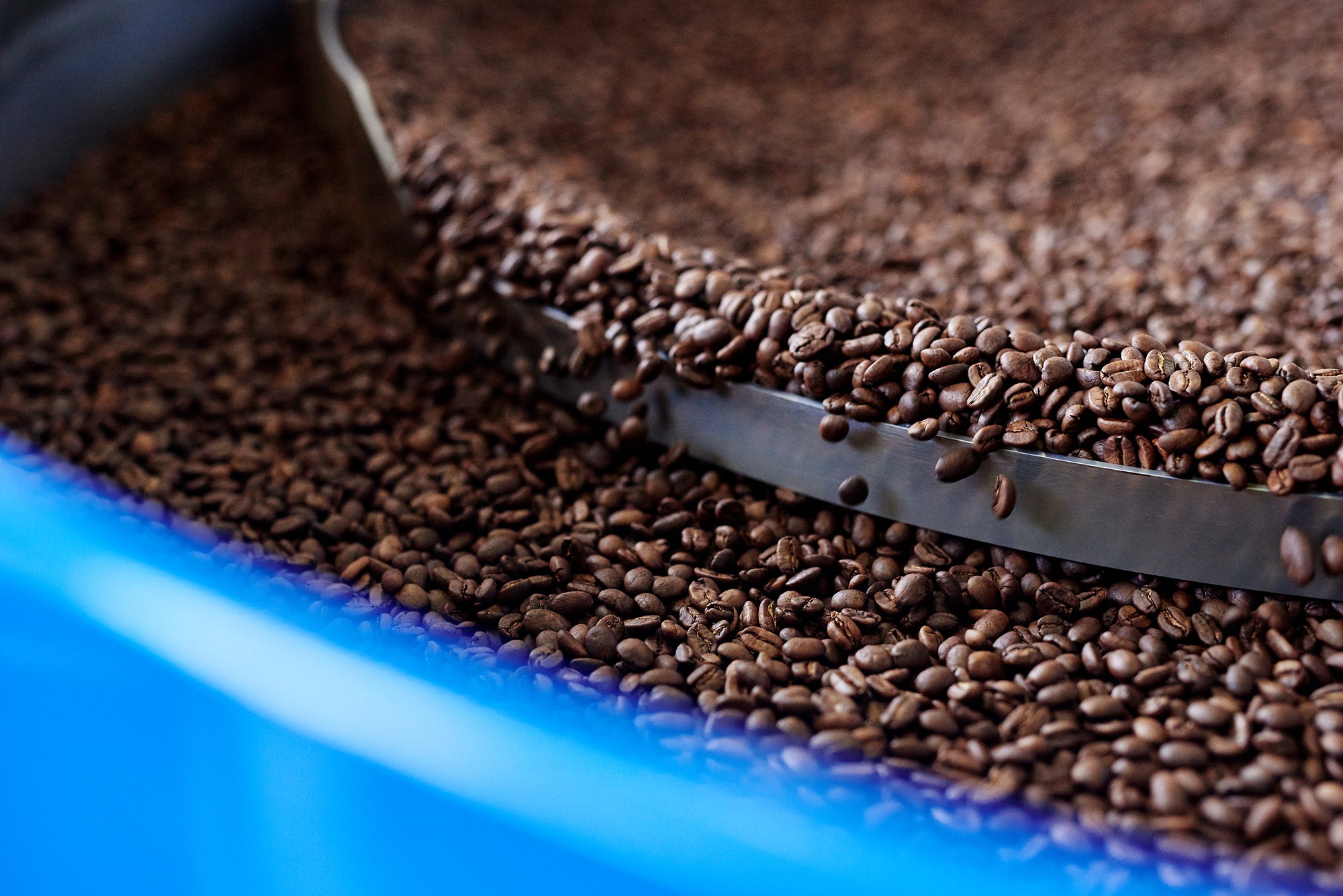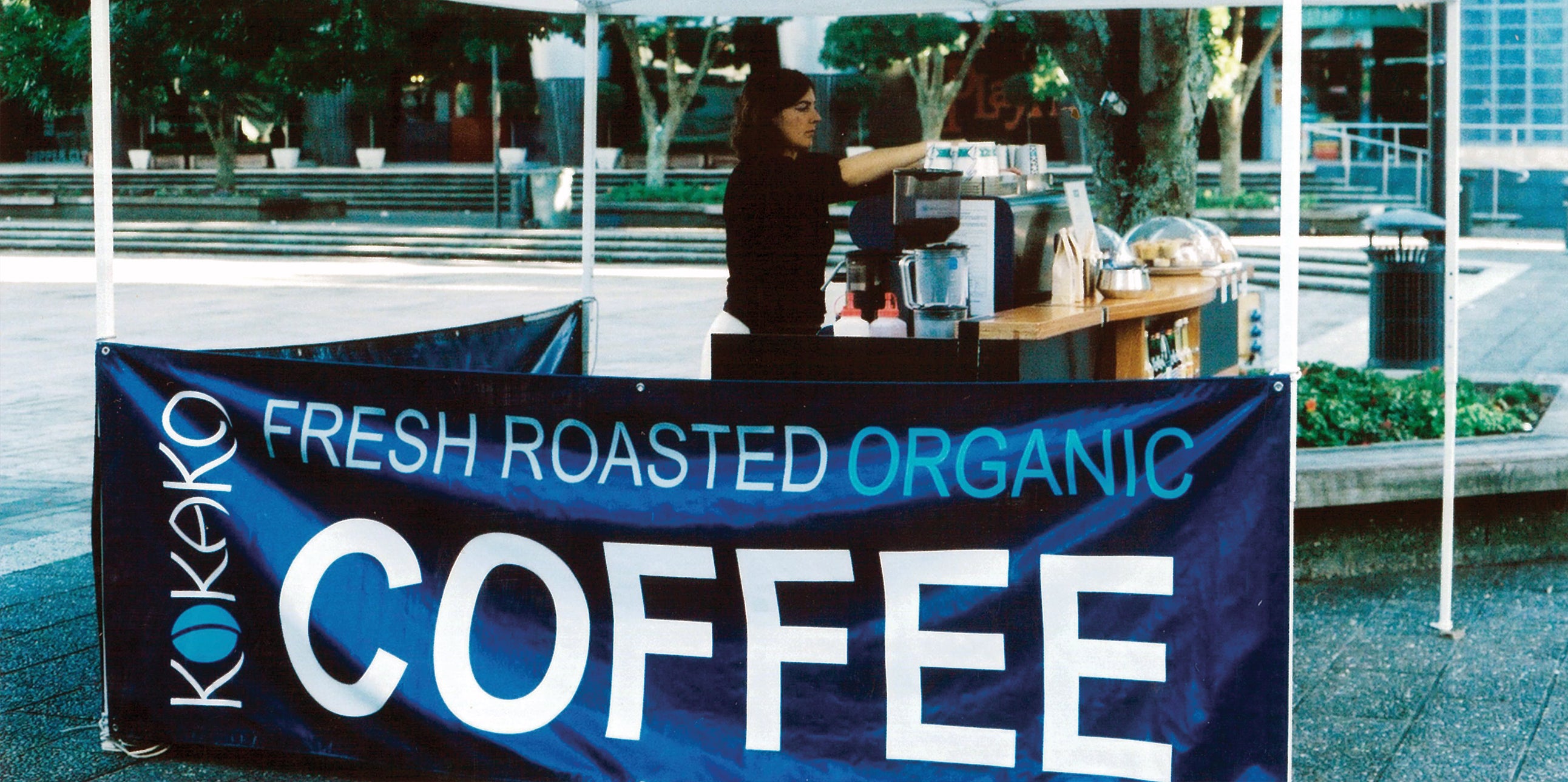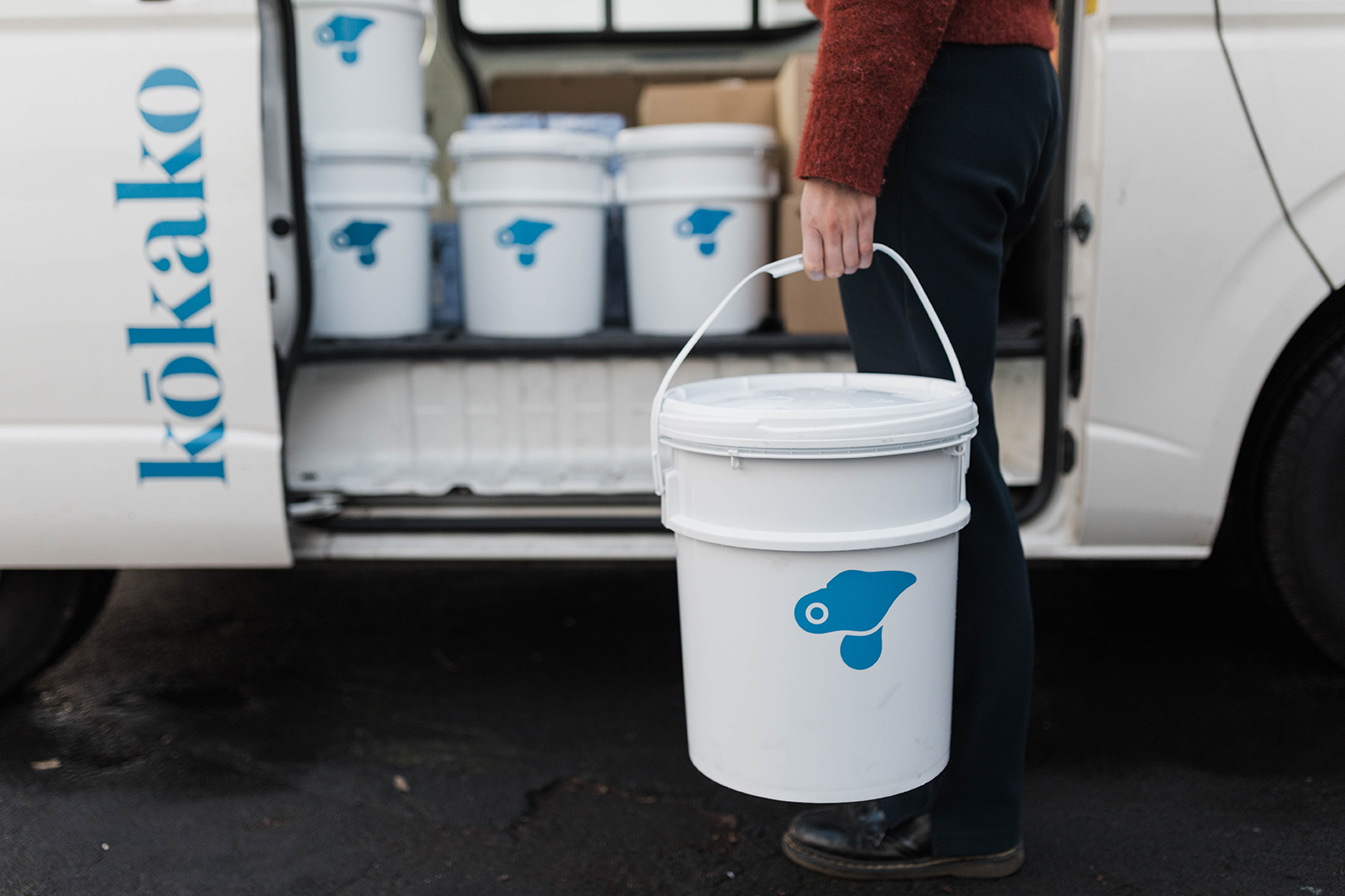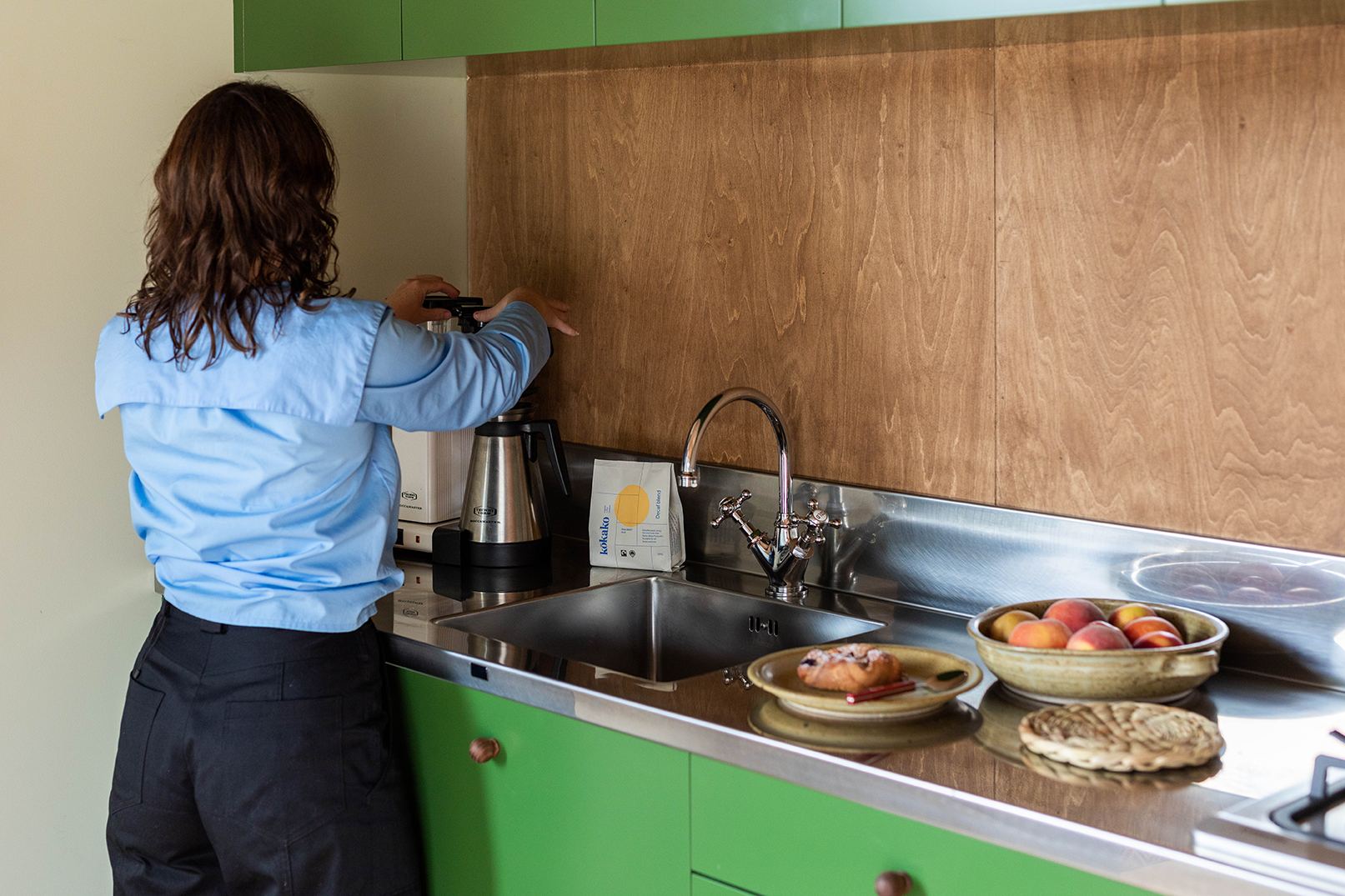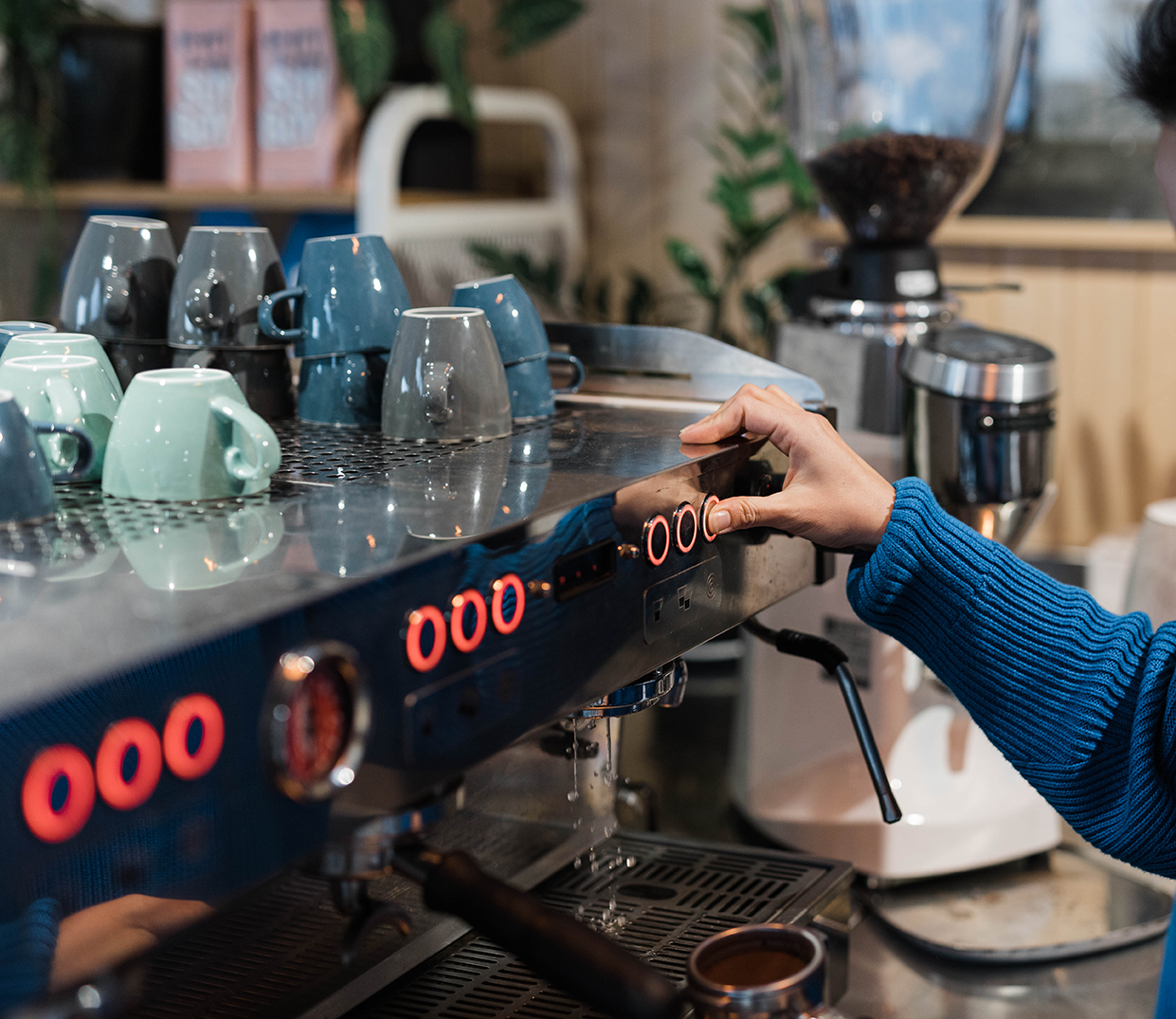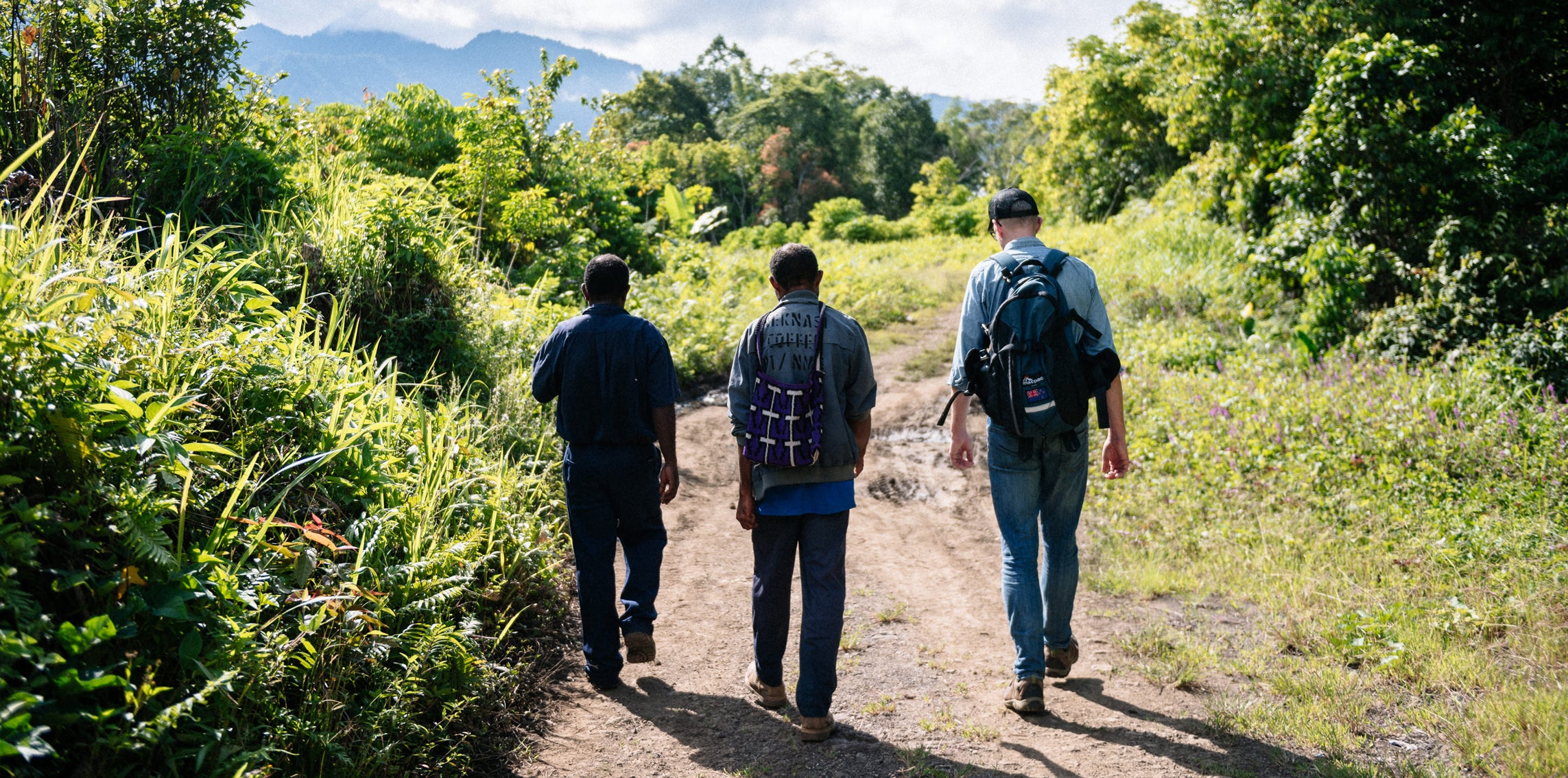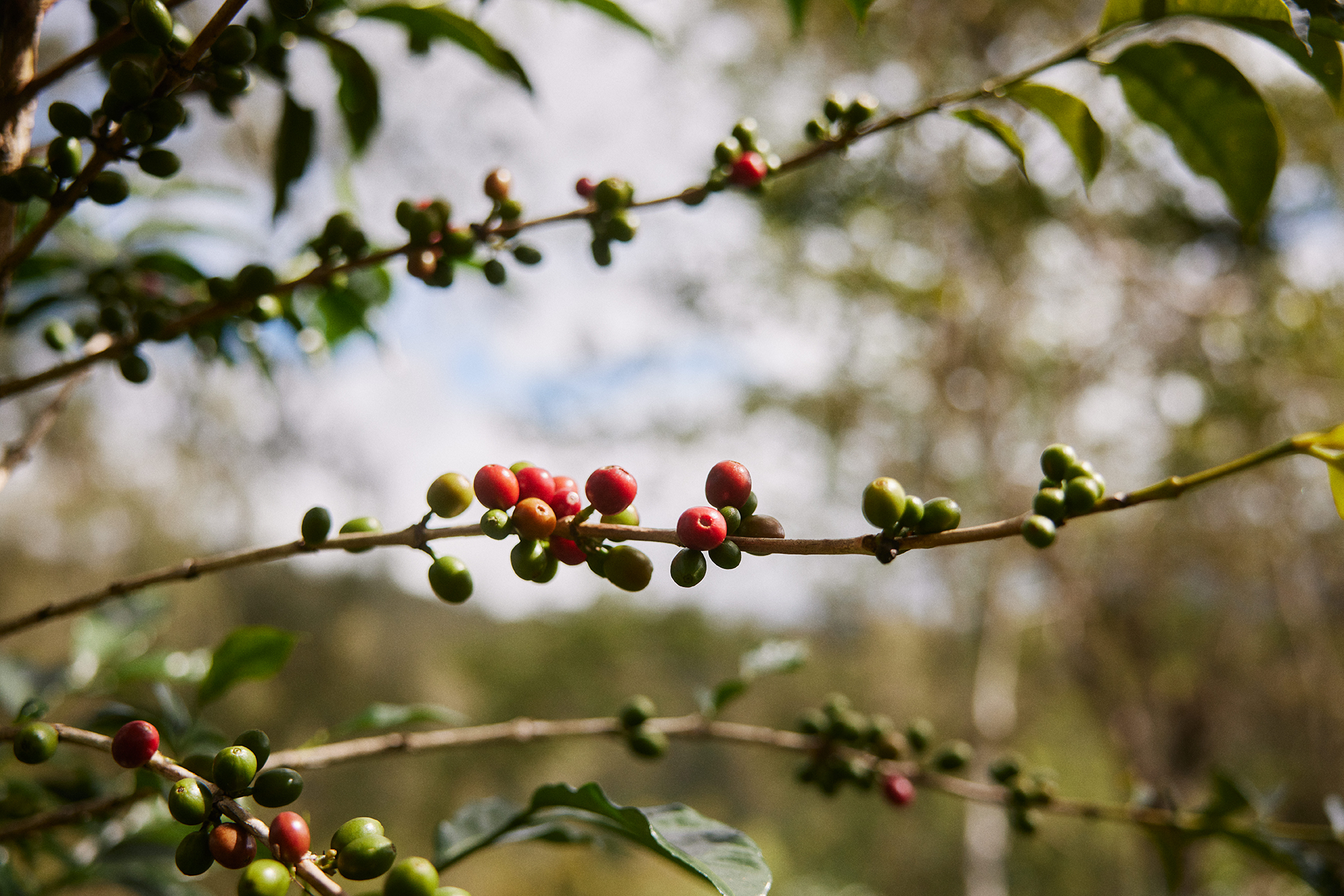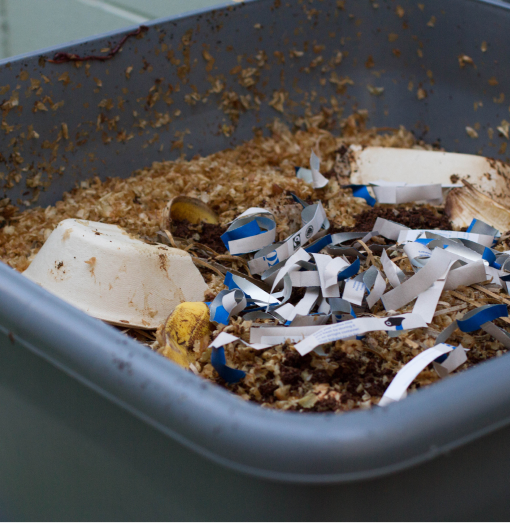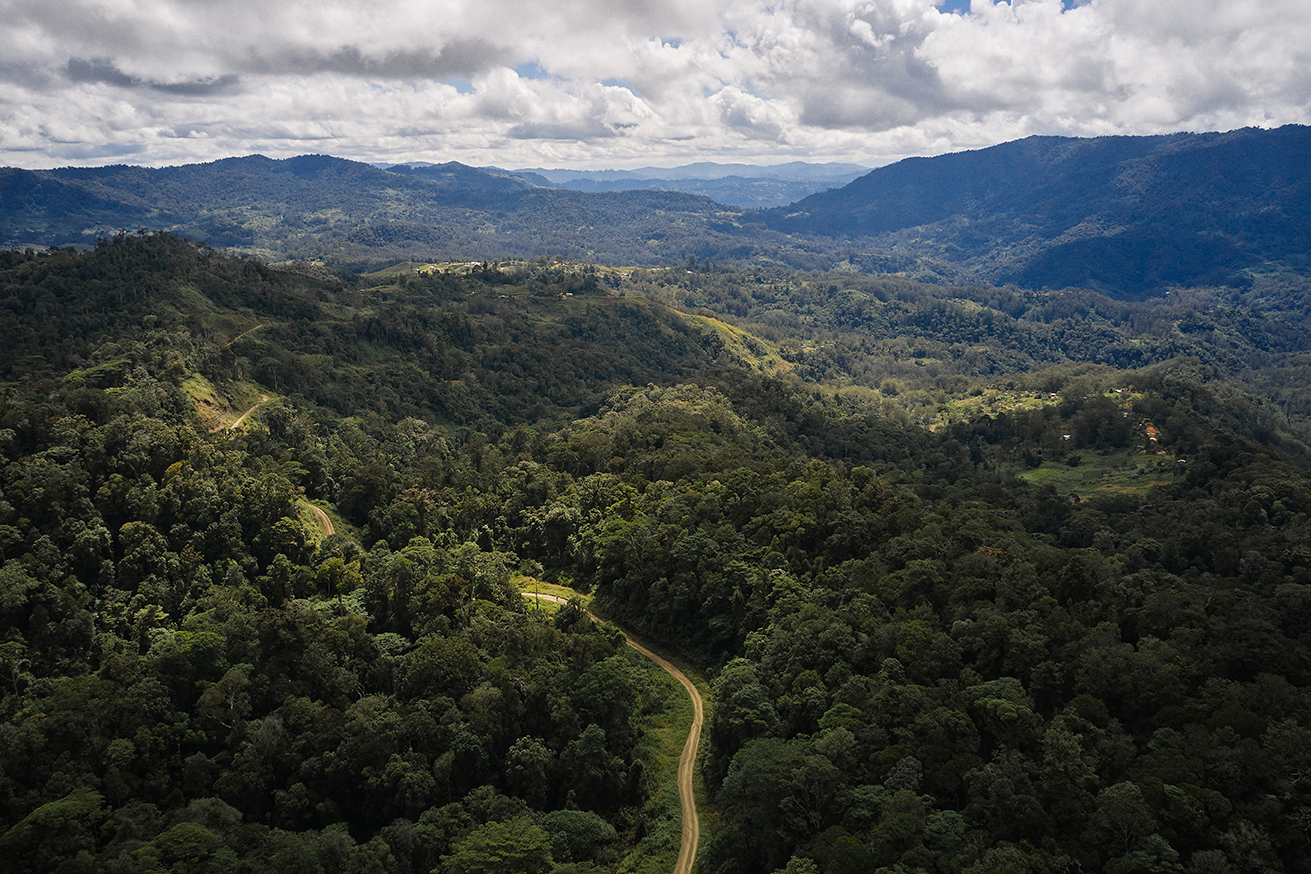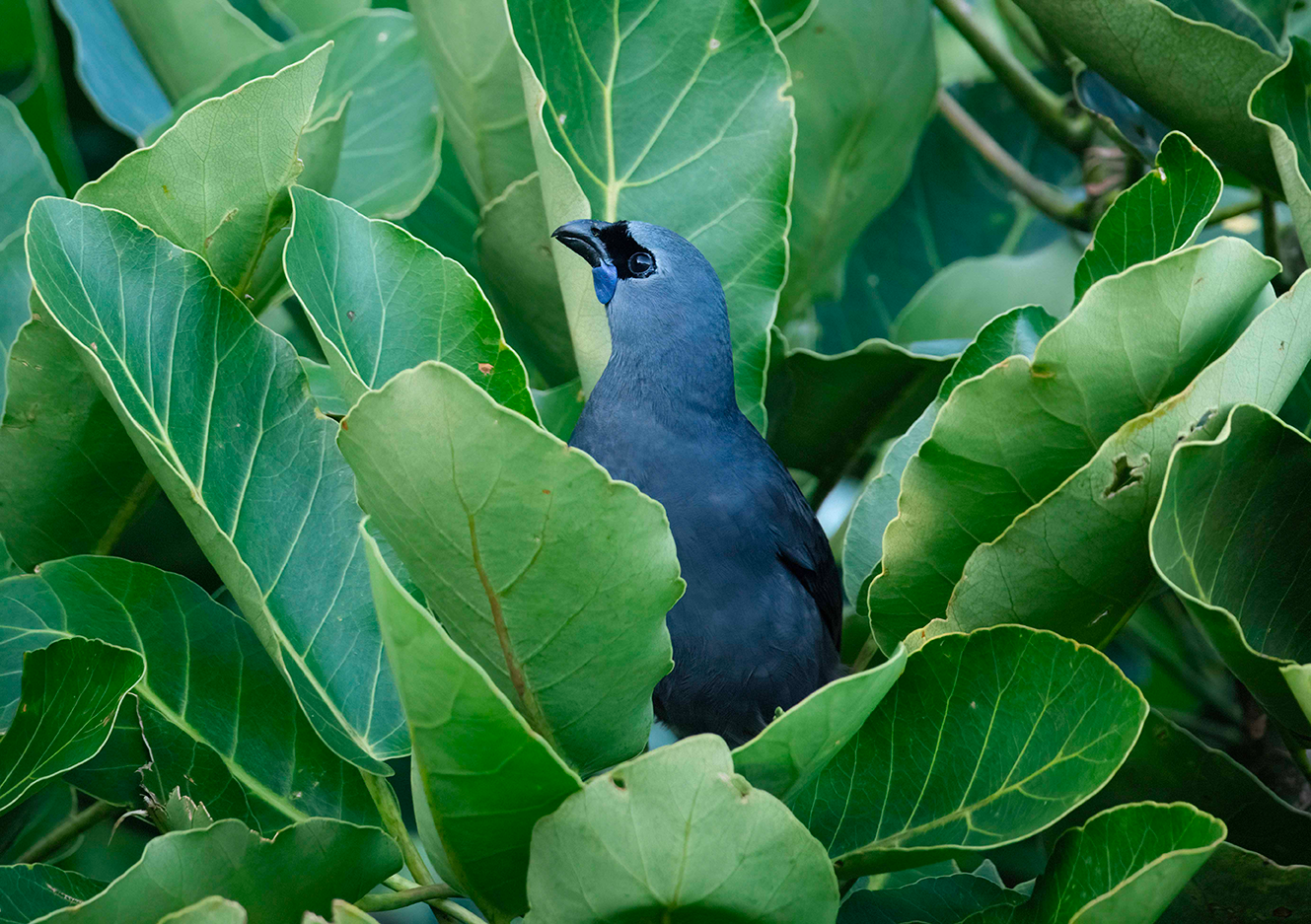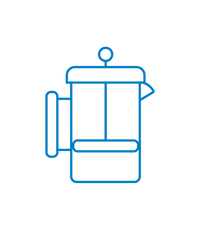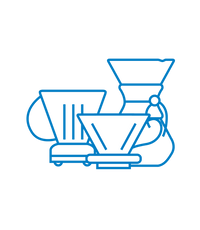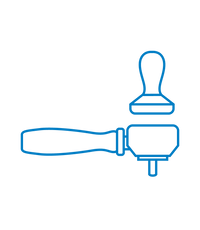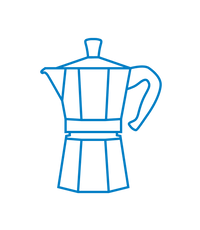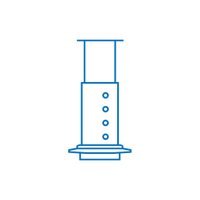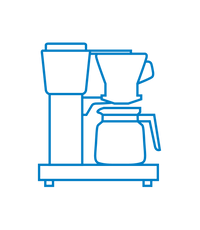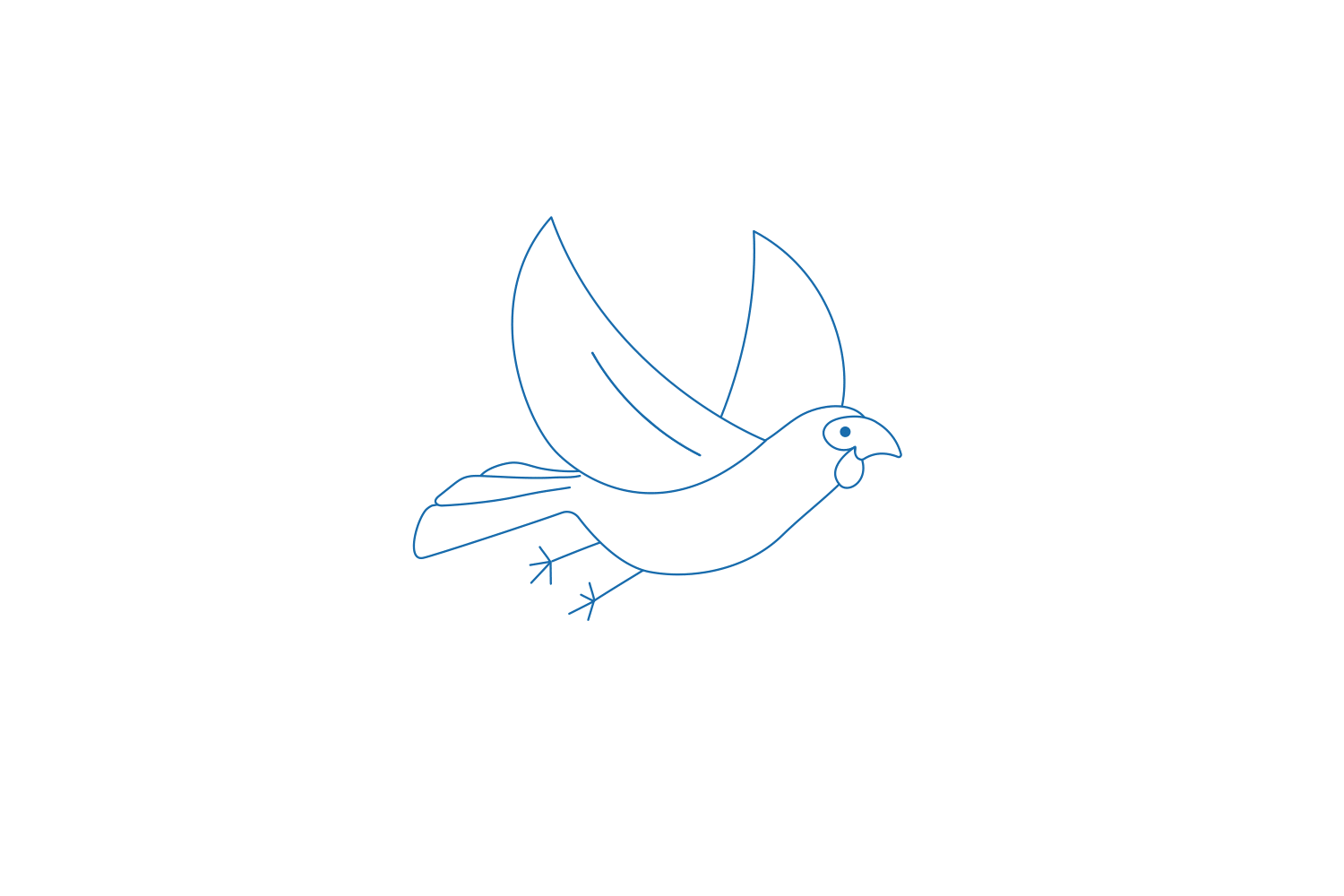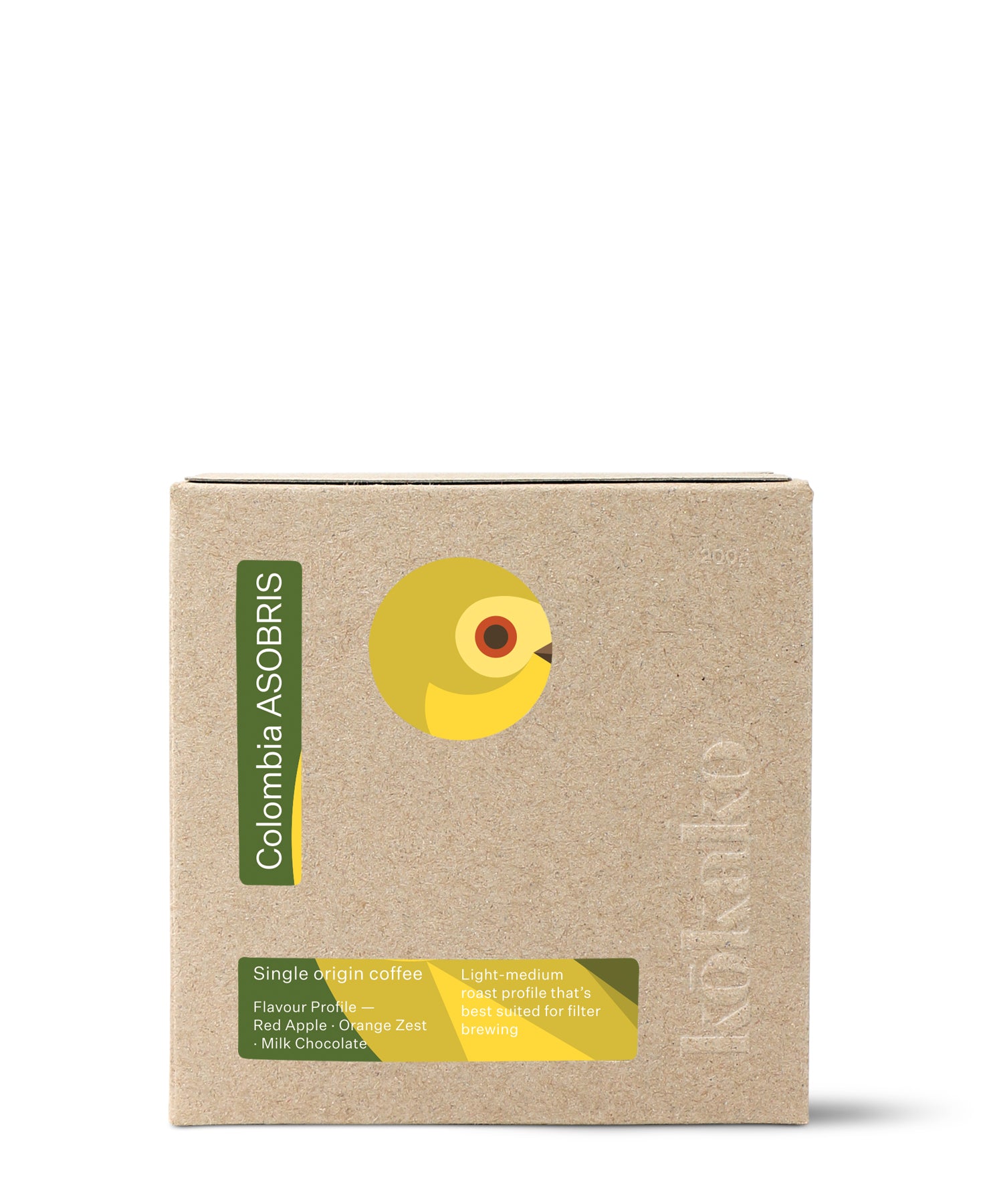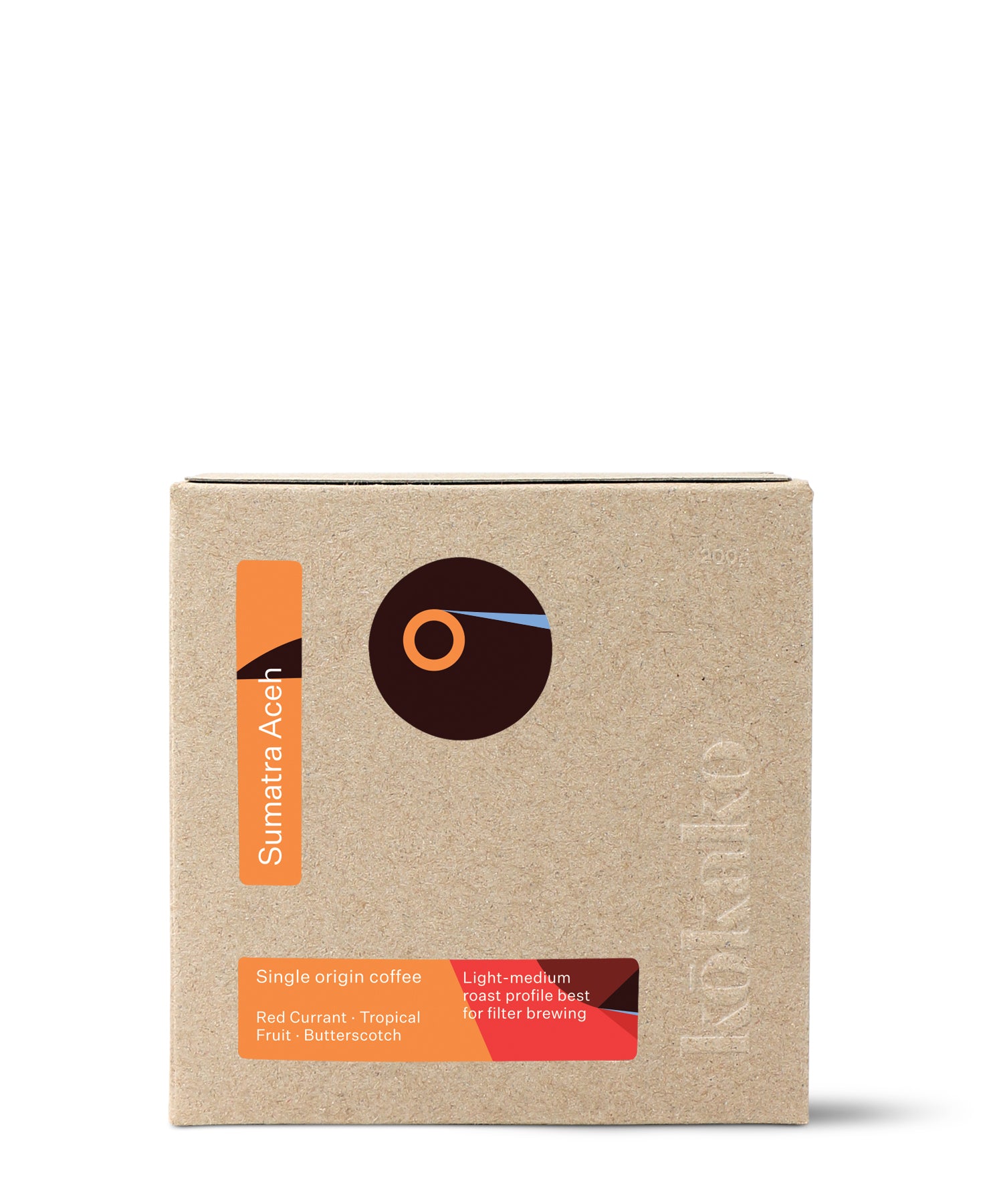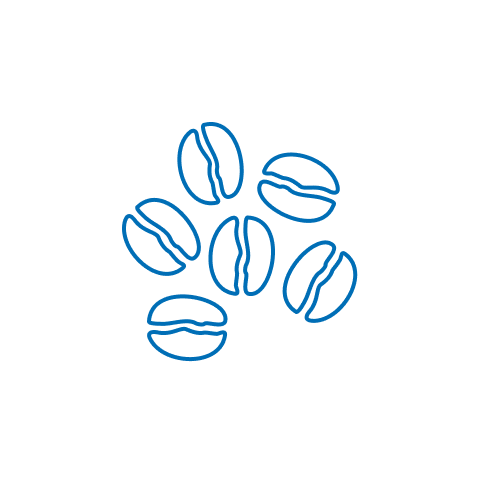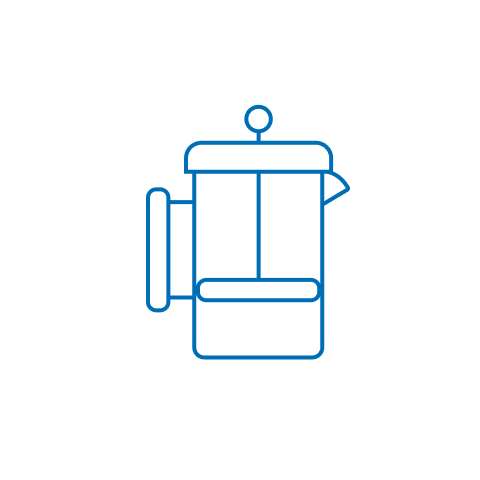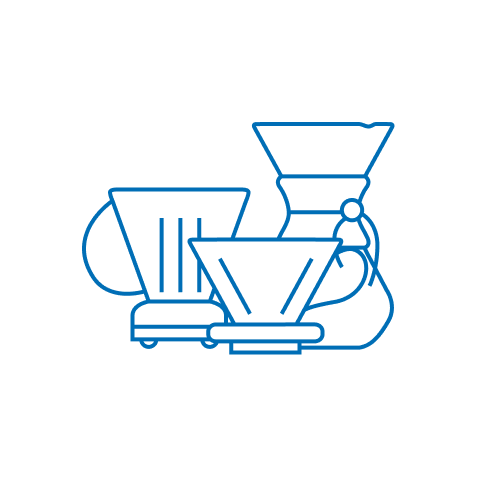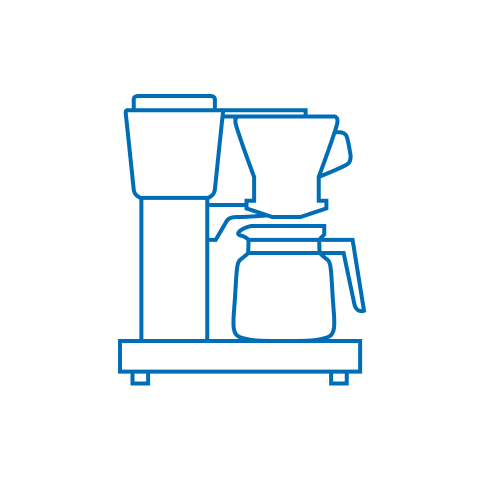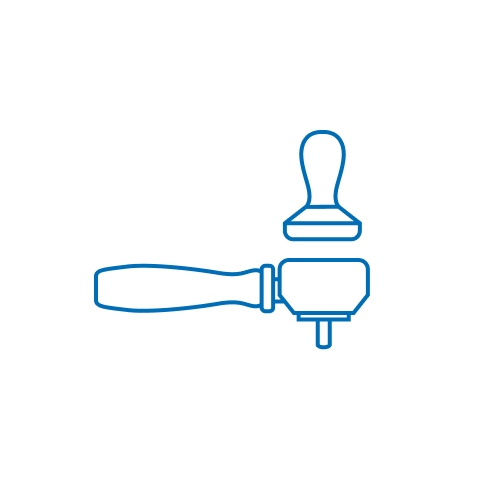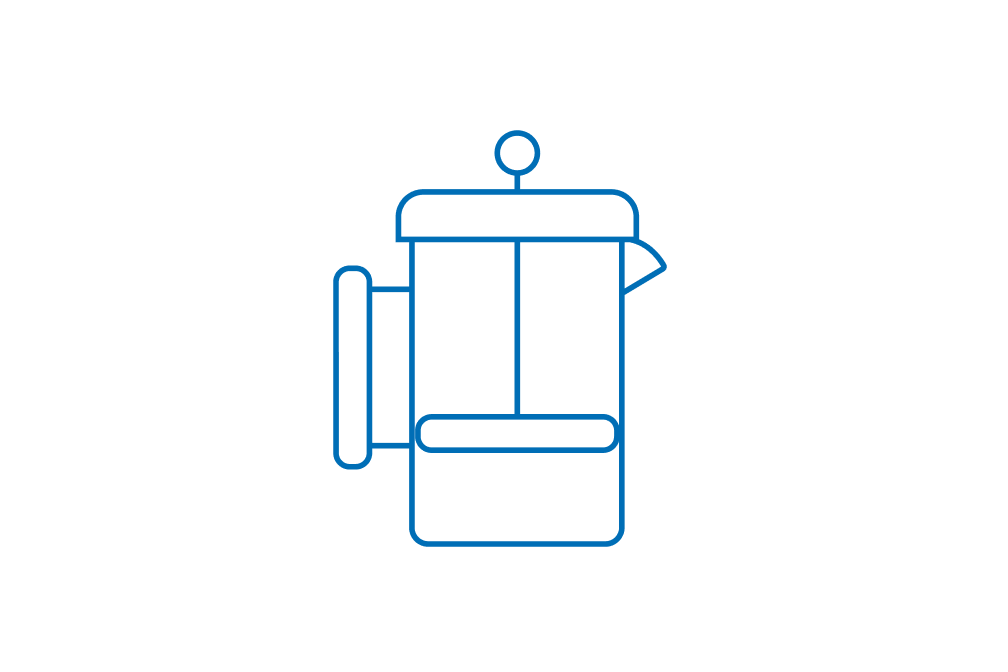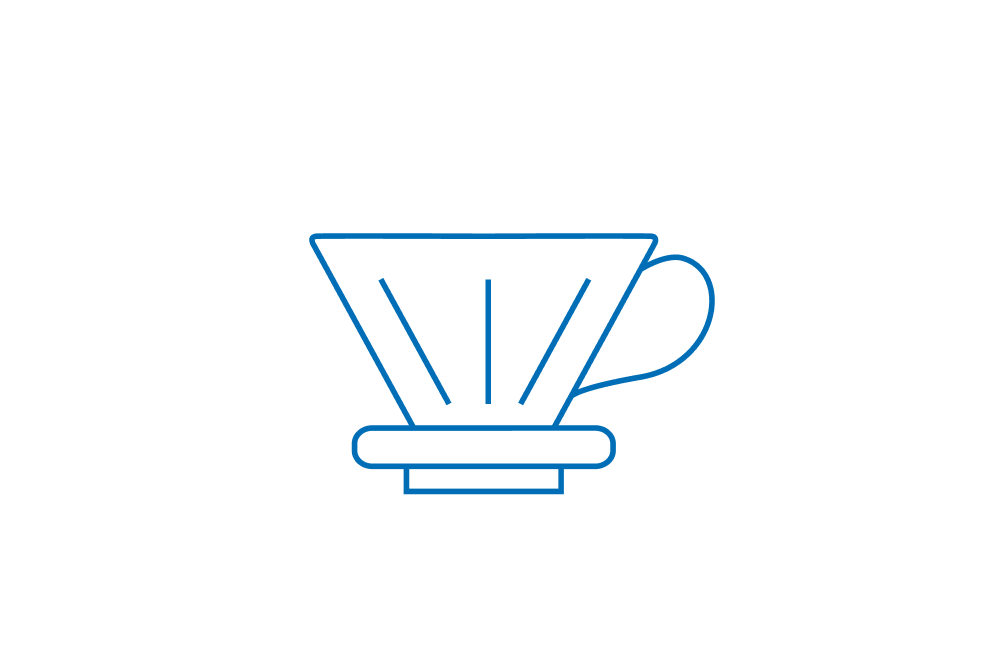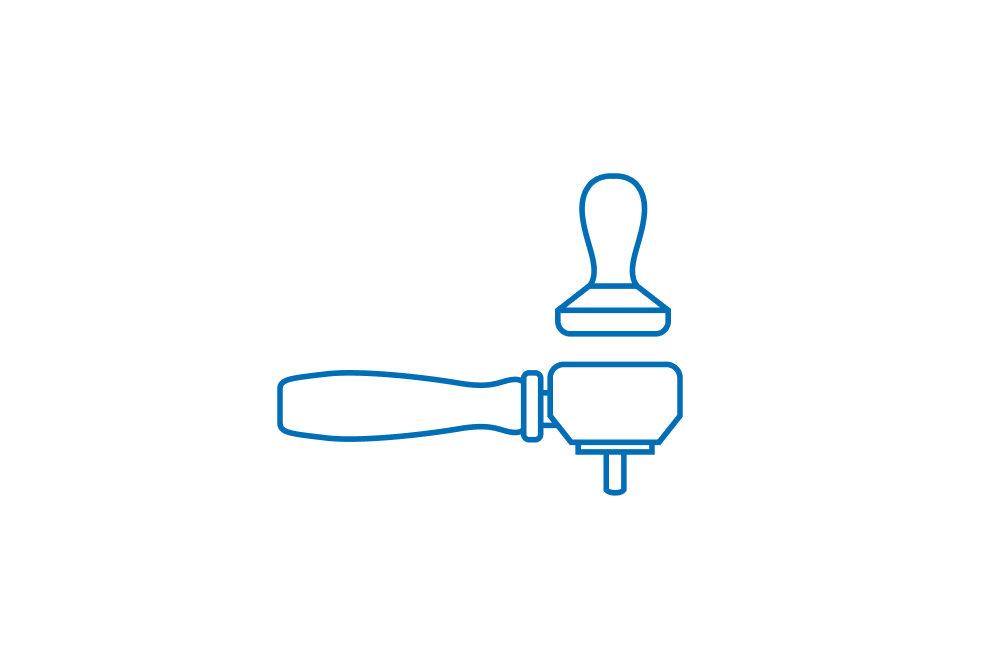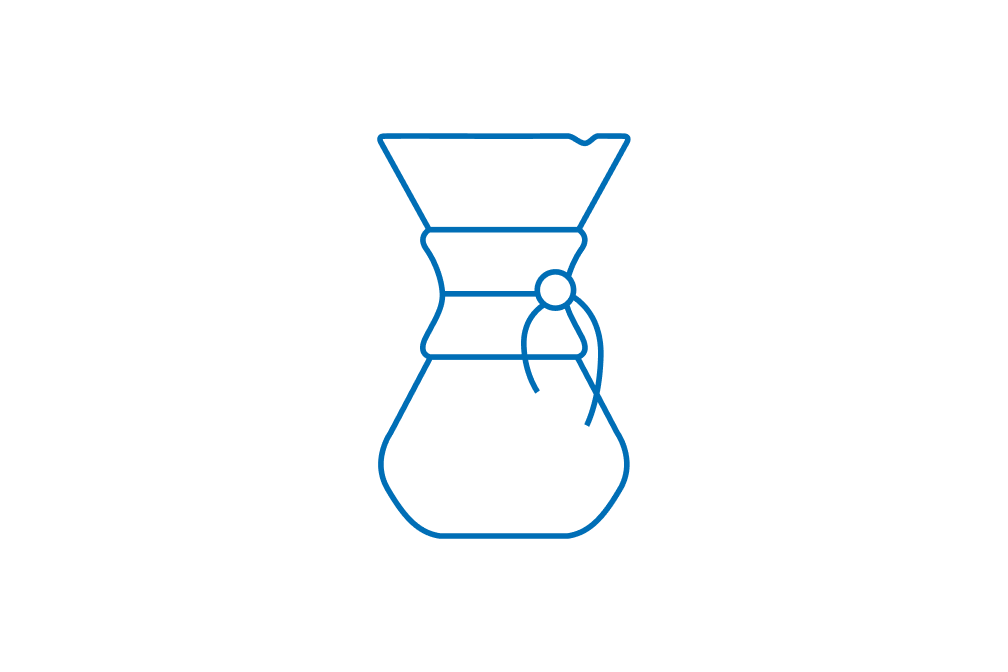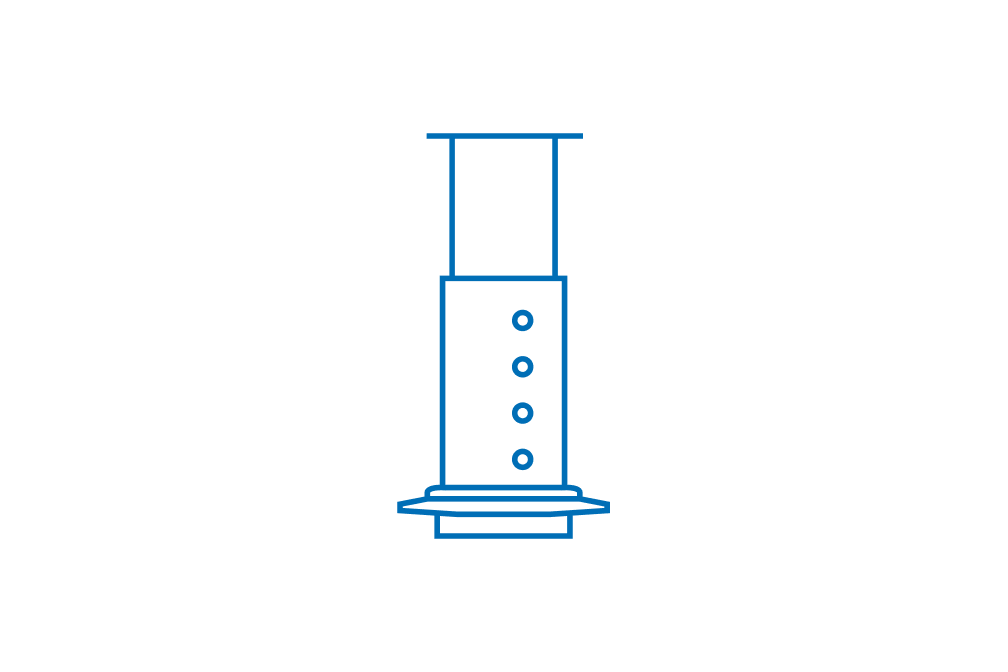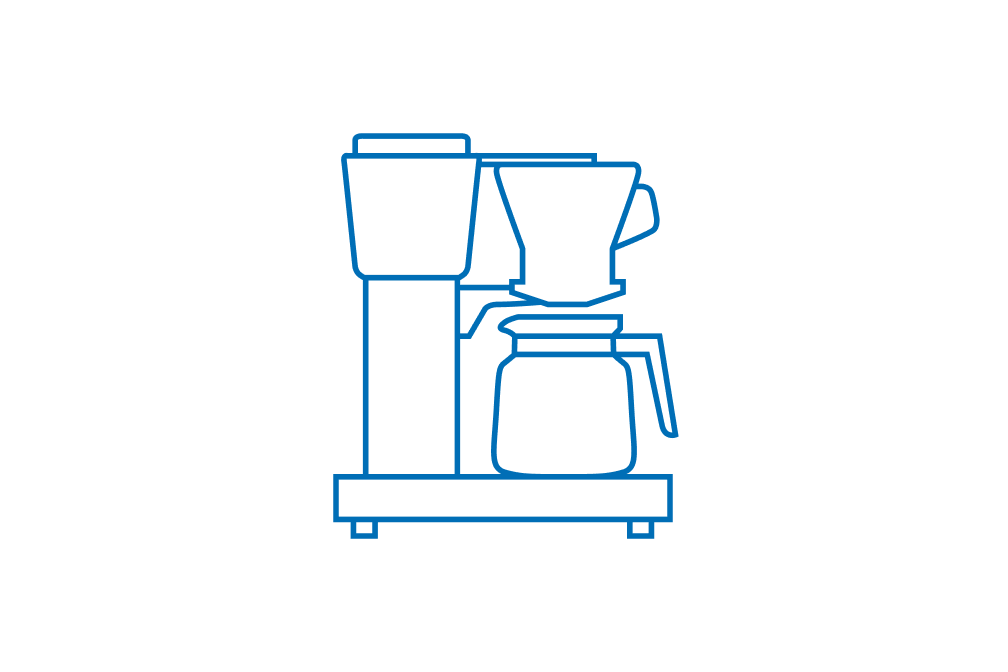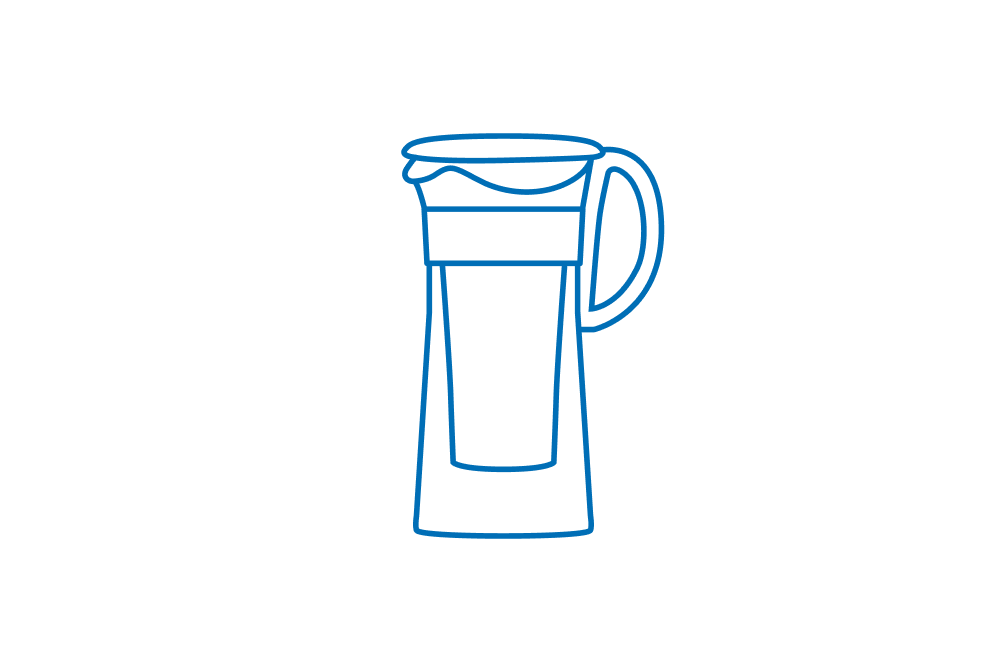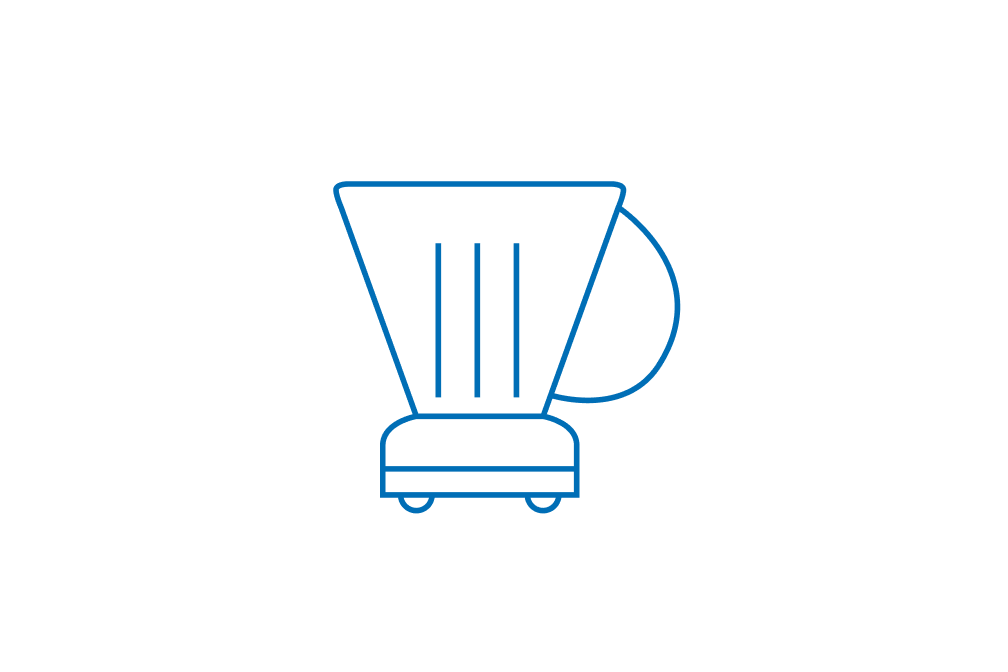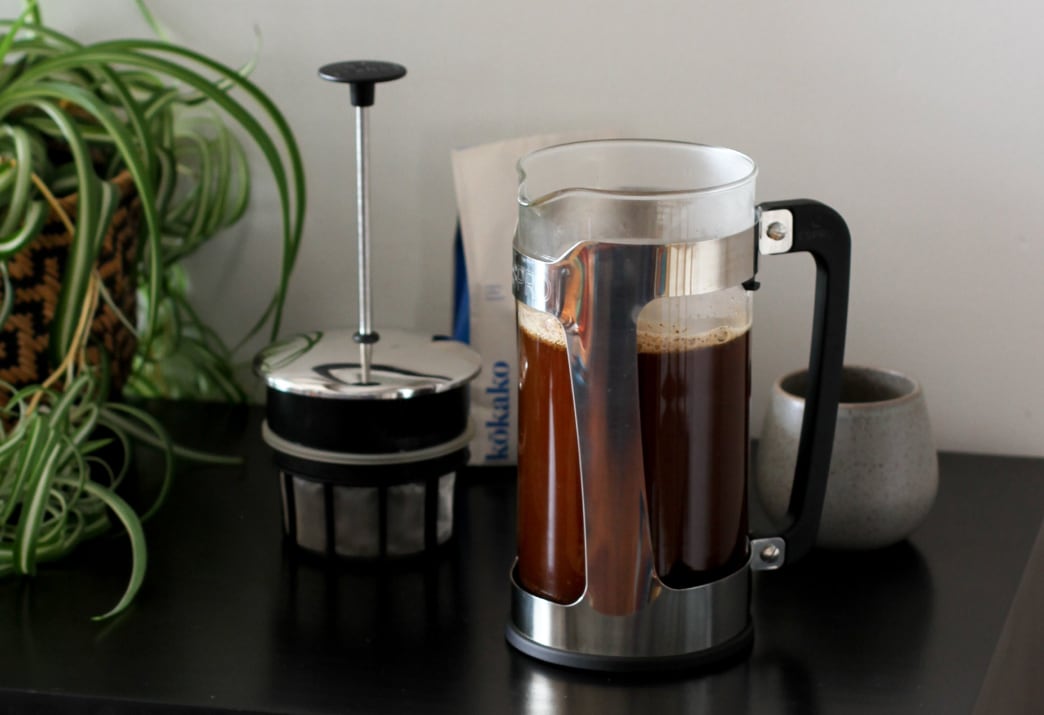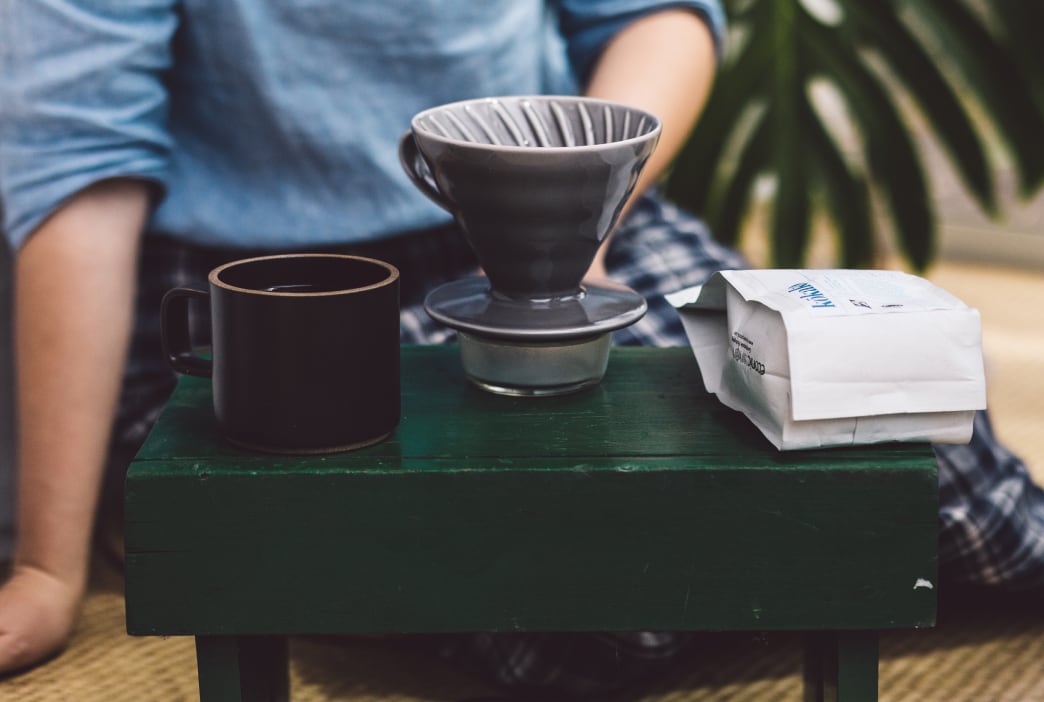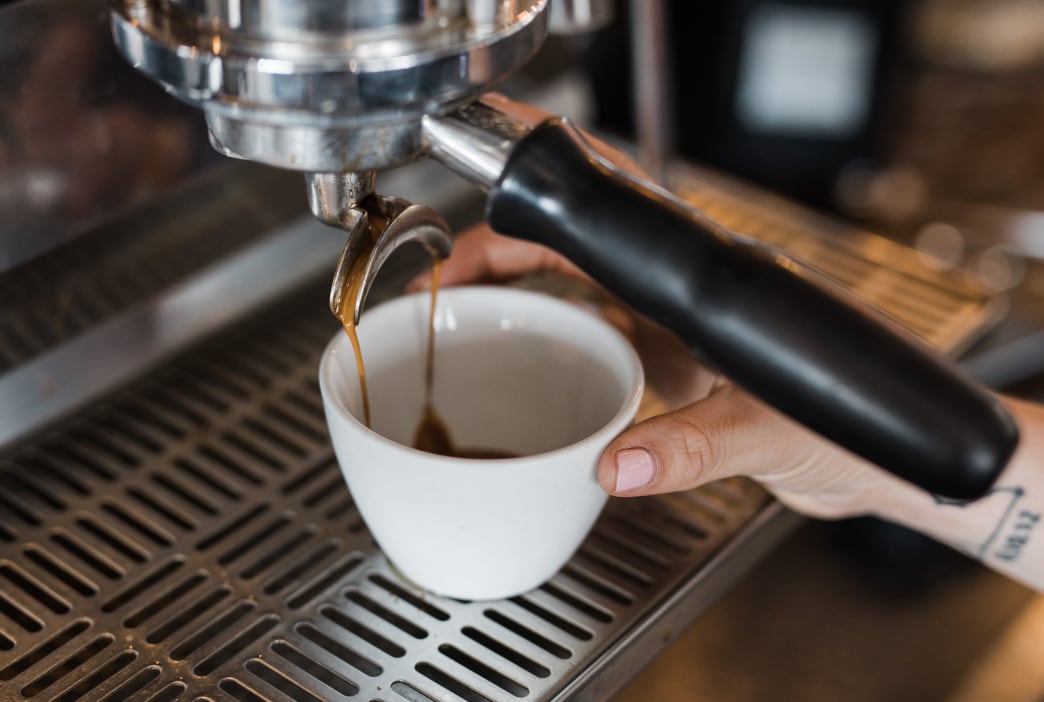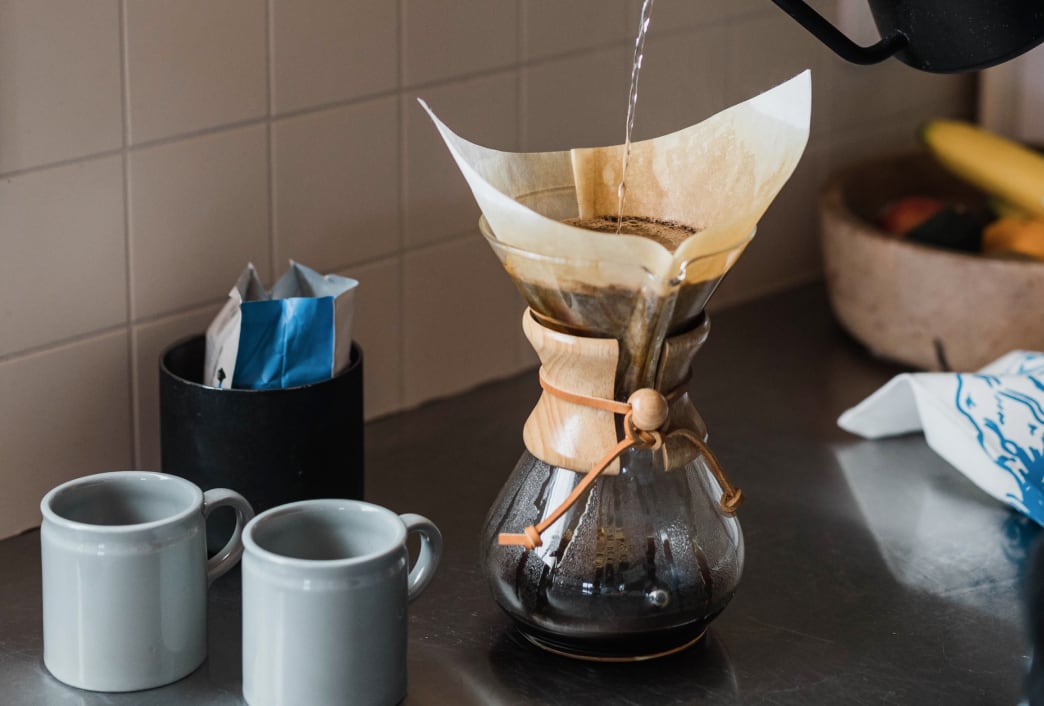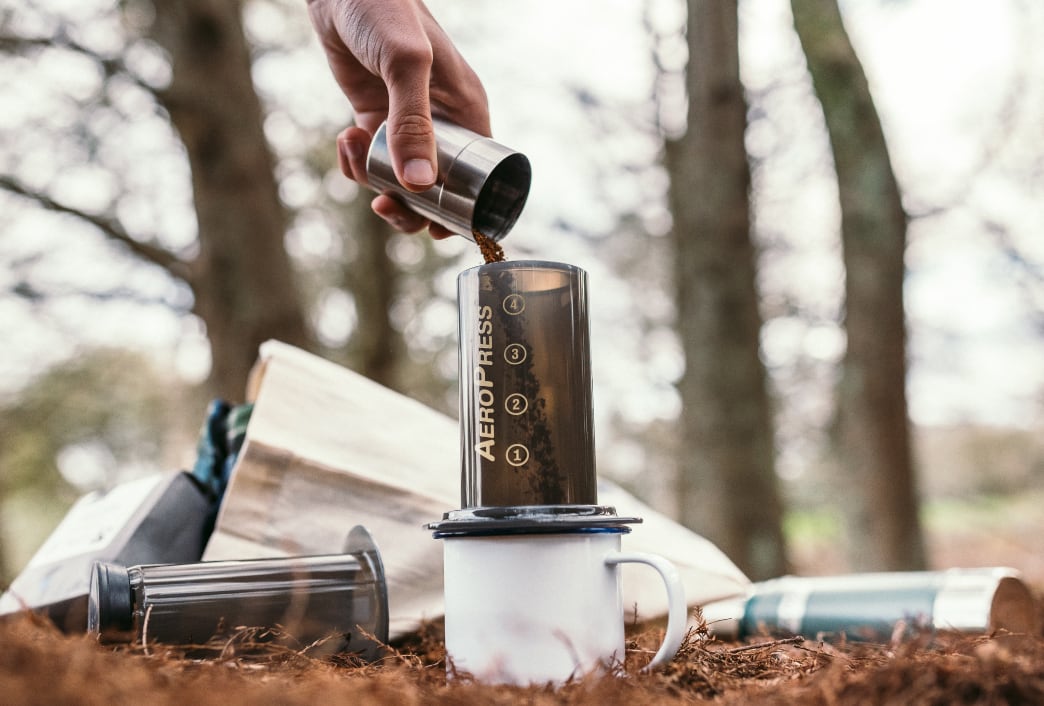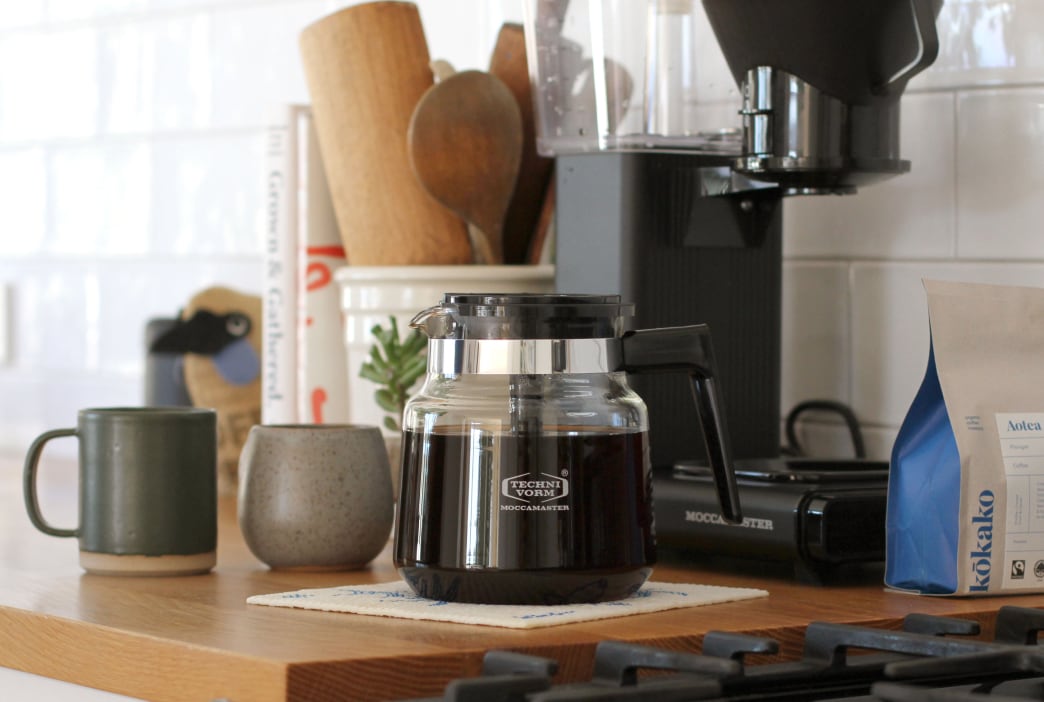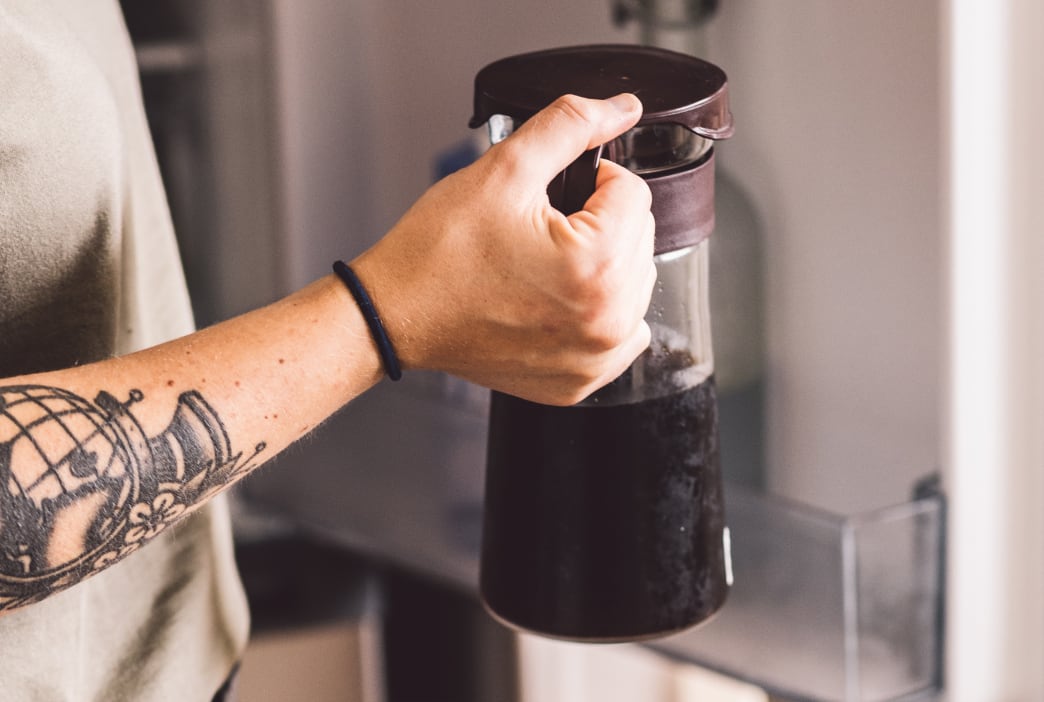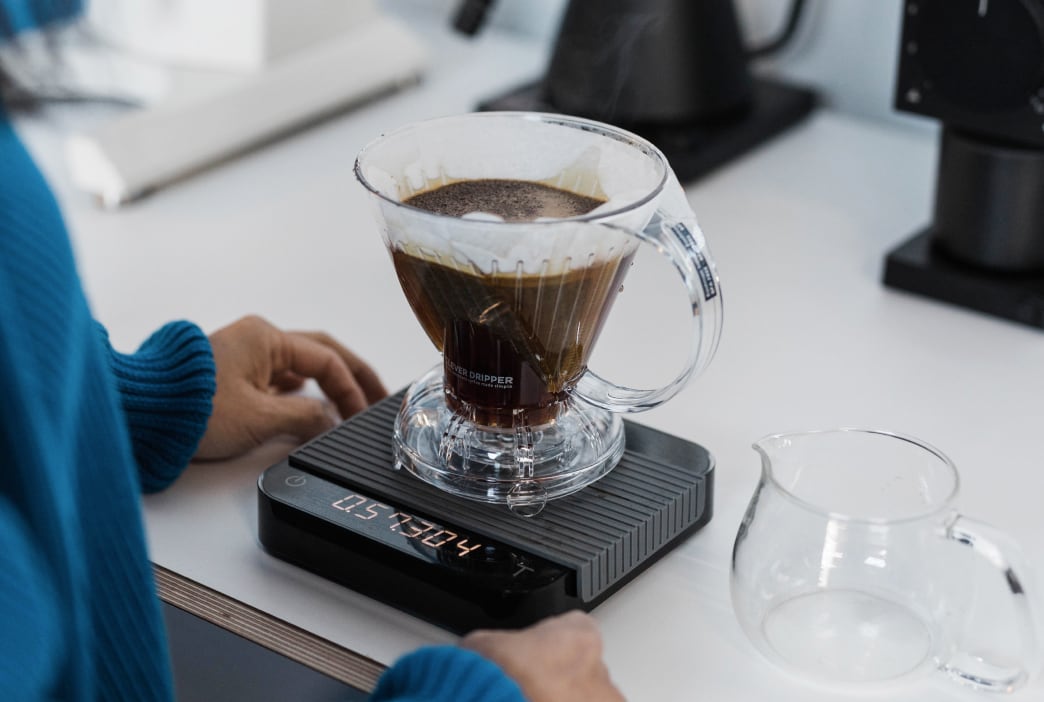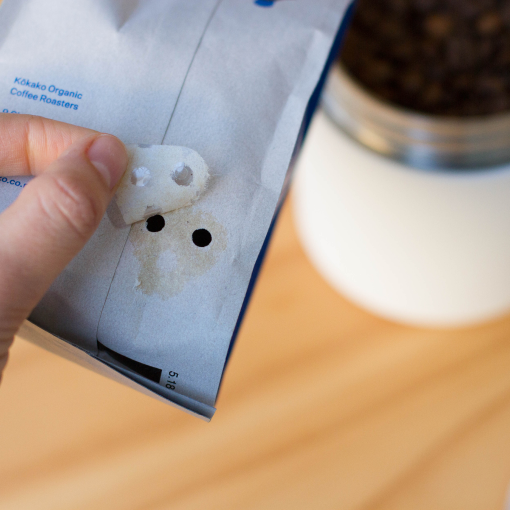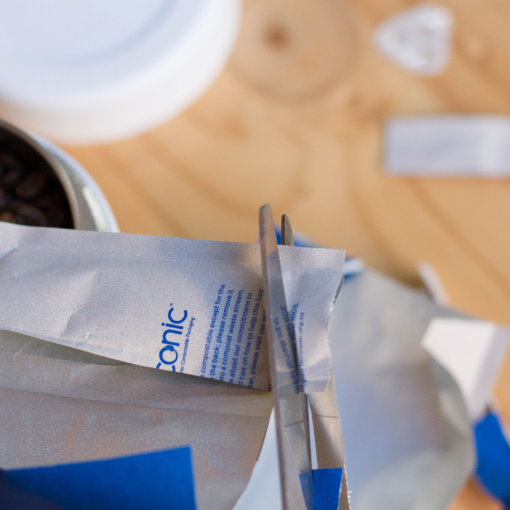For anyone who has worked with or supported our brand in the past you’ll be aware that we have a steadfast commitment to our Fairtrade certification. We’ve posted a raft of articles on the work that both Fairtrade and our team continue to be committed to here on our blog – initiatives that empower and educate coffee farmers and ones which take a long term collaborative approach to the coffee sector.
Now, more than ever, your support of Kōkako as a Fairtrade certified business really matters. Why? Because the global coffee commodities market has tanked, and apart from all the other non-financial benefits of Fairtrade this is when the certification really comes into its own.

HOAC (Highlands Organic Agricultural Cooperative) Fairtrade coffee farmer, Sewege Moa, harvesting coffee cherries in Papua New Guinea.
At present the global market price for coffee has fallen to less than USD $1.00 per pound, its lowest level since 2006. This low price has already been acknowledged as being below the sustainable cost of production for many coffee farmers. It also means that many non-Fairtrade Organic (FTO) coffees can be accessed at historically low prices giving players in our sector a price advantage with the ability for them to pass on these savings to their customers. In some circumstances, this creates a competitive scenario based on the price of a kilo of coffee or retail bag.
Our focus is on high quality certified Fairtrade Organic Coffee, which means we have never been able to compete on price and our allies (that's you) value the entire Kōkako proposition that factors in the social and environmental factors of coffee purchasing alongside a fair price. Our long-held position on this has more recently been reinforced by the growing number of specialty coffee commentators who are encouraging roasters to adopt more sustainable buying models for the overall sake of the health and longevity of the global coffee industry. Read more about the state of the global coffee sector here.

Will Valverde and Juan Pablo Juarez of Fairtrade ANZ demonstrating a simple, yet effective, technique for managing pests. A simple bottle contraption that tricks the bugs into entering the bottle.

Fairtrade coffee farmer, Abel Kemi, from the Untpina Cooperative with our MD, Mike Murphy.
Our commitment to certified Fairtrade and organic beans has provided us with more stable pricing over our 18 year history as the volatility seen by the coffee futures market is evened out by the Fairtrade organic minimum which we view as a ‘safety net’ for coffee producers. Our sourcing model means that we use brokers (John Burton Limited and Trade Aid Limited) to cover the purchasing contracts, shipping, importation and logistics of all of our green coffee. It allows us to maintain direct relationships with several Papua New Guinea producer groups and cooperatives but without the risks of importing direct. Should we be unhappy with the quality of a consignment we are able to return this to the importer, who then rehomes these beans, rather than carry the burden of a full container of inferior quality coffee.
The best summation of the global coffee pricing crises we’ve heard so far comes via Justin Purser, Head of Coffee at Trade Aid NZ: “As another Fairtrade coffee buyer put it to me recently, ‘the market is killing everyone there, so every Fairtrade purchase is another life jacket in the storm’.
So thanks, to you, for your support and advocacy.

Fairtrade farmer, Daido Bennia, from the Unen Choit cooperative gives you the thumbs up.
Below you'll find more links and commentary on the state of the coffee market, if you'd like to dig deeper.
Further reading—
Coffee Price Crisis
Trade Aid Update
'The Industry's at Risk' - The High Price of Cheap Coffees
All photography is by Josh Griggs.
Share
Back to articles
